The 30 greatest literary detectives of all time: best literary detectives revealed
Meet the detectives who defined a genre

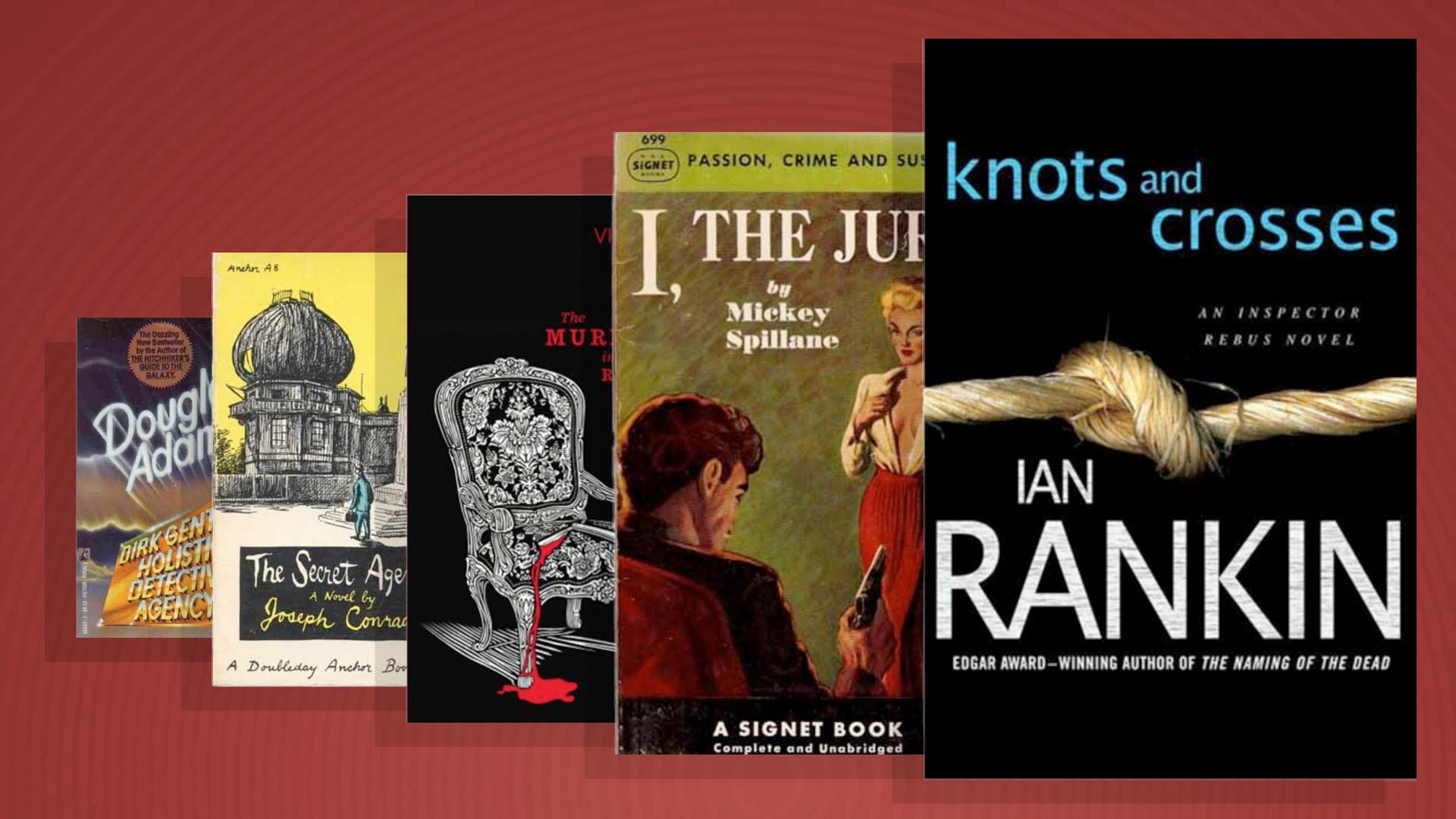
Get exclusive shortlists, celebrity interviews and the best deals on the products you care about, straight to your inbox.
You are now subscribed
Your newsletter sign-up was successful
There’s something endlessly satisfying about a great literary detective. Long before TV boxsets and prestige crime dramas, fiction gave us investigators who could spot a lie at twenty paces, crack impossible cases, and still find time for a drink, a monologue, or a moral crisis along the way.
From razor-sharp amateurs to world-weary professionals, these characters don’t just solve crimes, they define entire eras of storytelling. Some rely on cold logic, others on instinct, empathy or sheer bloody-minded persistence. A few bend the rules. A few break them entirely. All of them keep us turning pages long after we’ve worked out whodunnit.
This list brings together the 30 greatest literary detectives of all time: iconic sleuths, cult favourites and modern classics who reshaped the genre, reflected the societies they came from, and proved that a good mystery is as much about character as it is about clues.
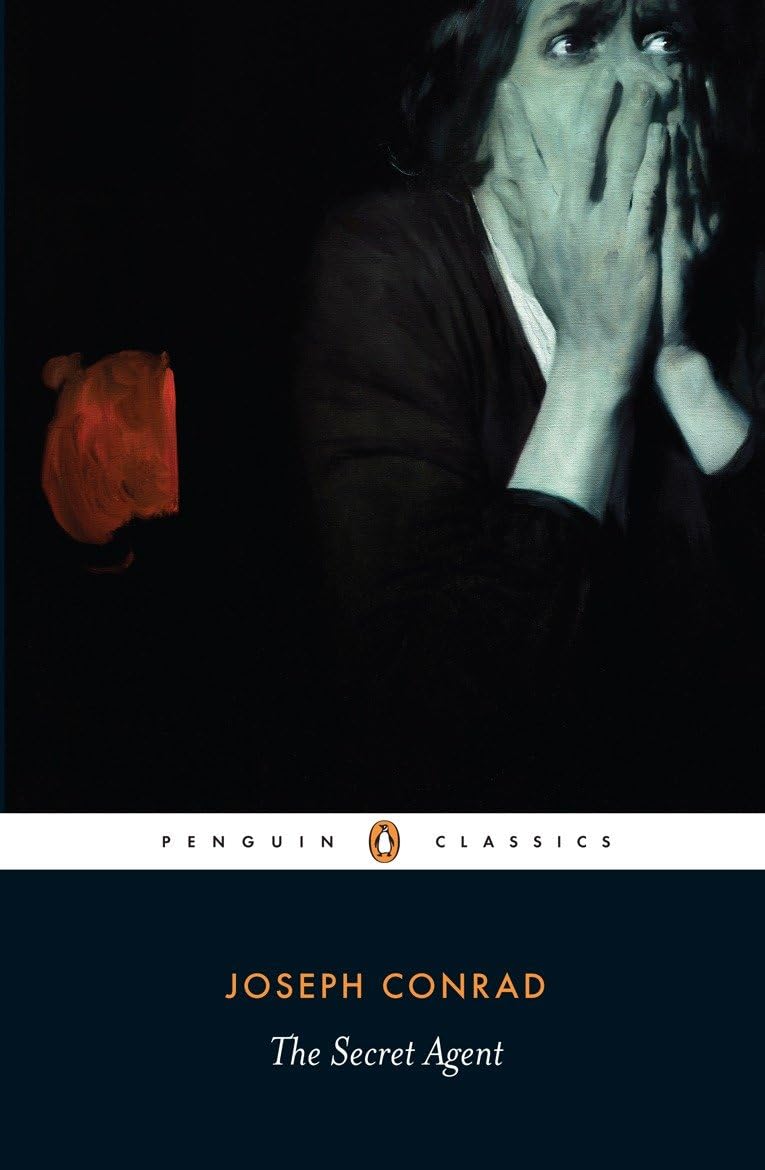
Chief Inspector Heat: A supporting, though no less fascinating character for it, player in Joseph Conrad’s other infamous novel, Chief Inspector Heat attempts to solve the mystery of an explosion in London’s Greenwich, which may or may not involve the titular character.
Unfortunately, he’s being impeded at all sides. Heat, despite his hi-octane name, is emblematic of a bureaucracy attempting to stifle honest goodness and seditious activities plaguing society. If there was ever a detective to feel sympathy for, it’s Heat.

Detective Mike Hoolihan: Martin Amis has never shied away from shining a light on the murkier aspects of life and the human condition. In Night Train, he flicks the switch on full beam and allows the decidedly unfeminine-sounding female detective Mike Hoolihan to take centre stage.
An alcoholic whose professional career has fallen on hard times, she attempts to crack an apparently open-and-shut case of suicide at the behest of her former boss. Unfortunately for Hoolihan, when she arrives at what she perceives to be the truth, is the moment when she realises she’s been played.
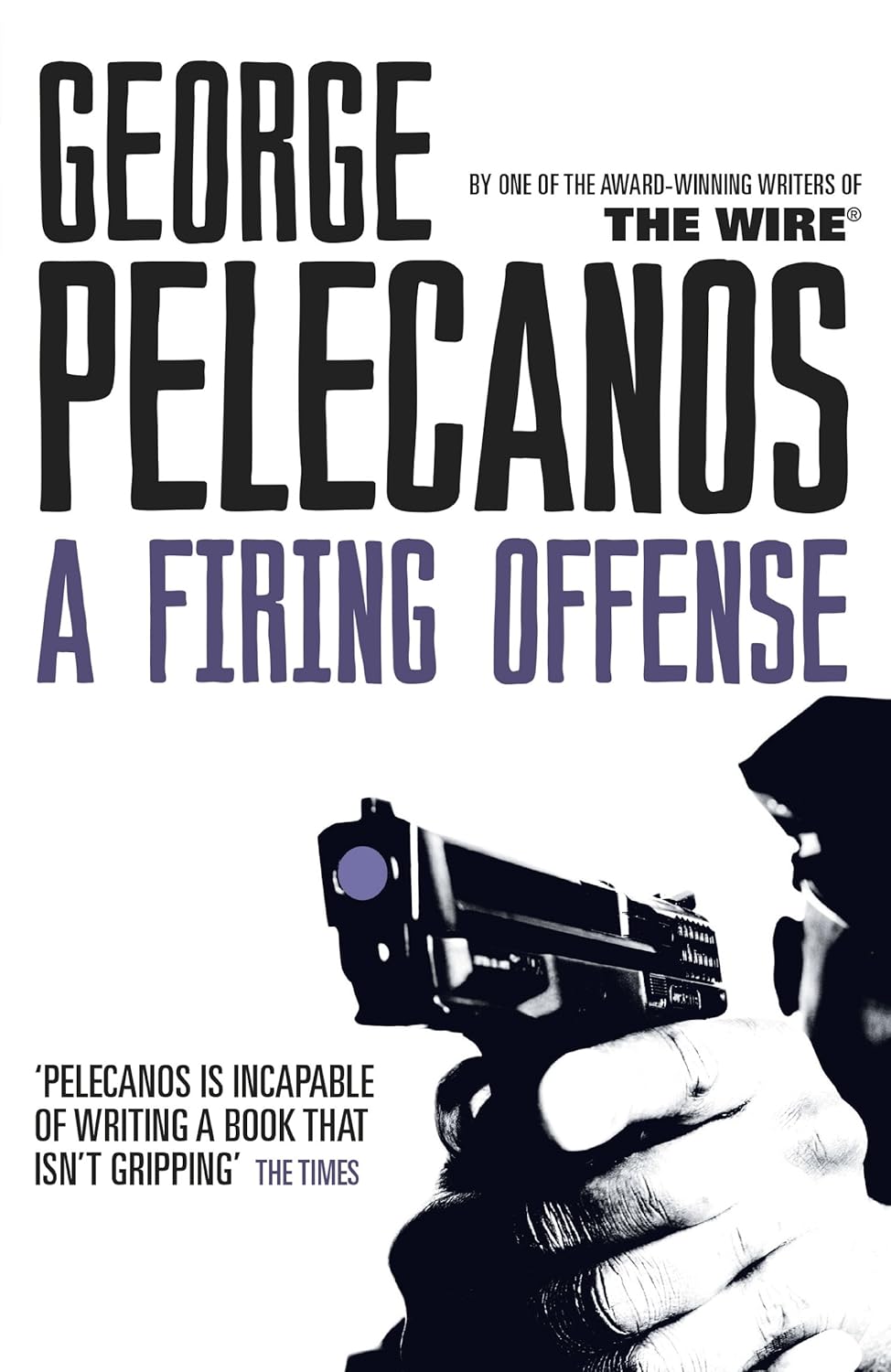
Nick Stefanos is in many ways the spiritual heir of Philip Marlowe, Sam Spade and co, in much the same way that writer George Pelecanos can trace his writing chops back to James Ellroy and Elmore Leonard.
Sometime marketing executive-cum-barman, Stefanos also dabbles in private investigation, with remarkably, given his alcohol intake, successful results. Not that makes him a happy chap, mind.
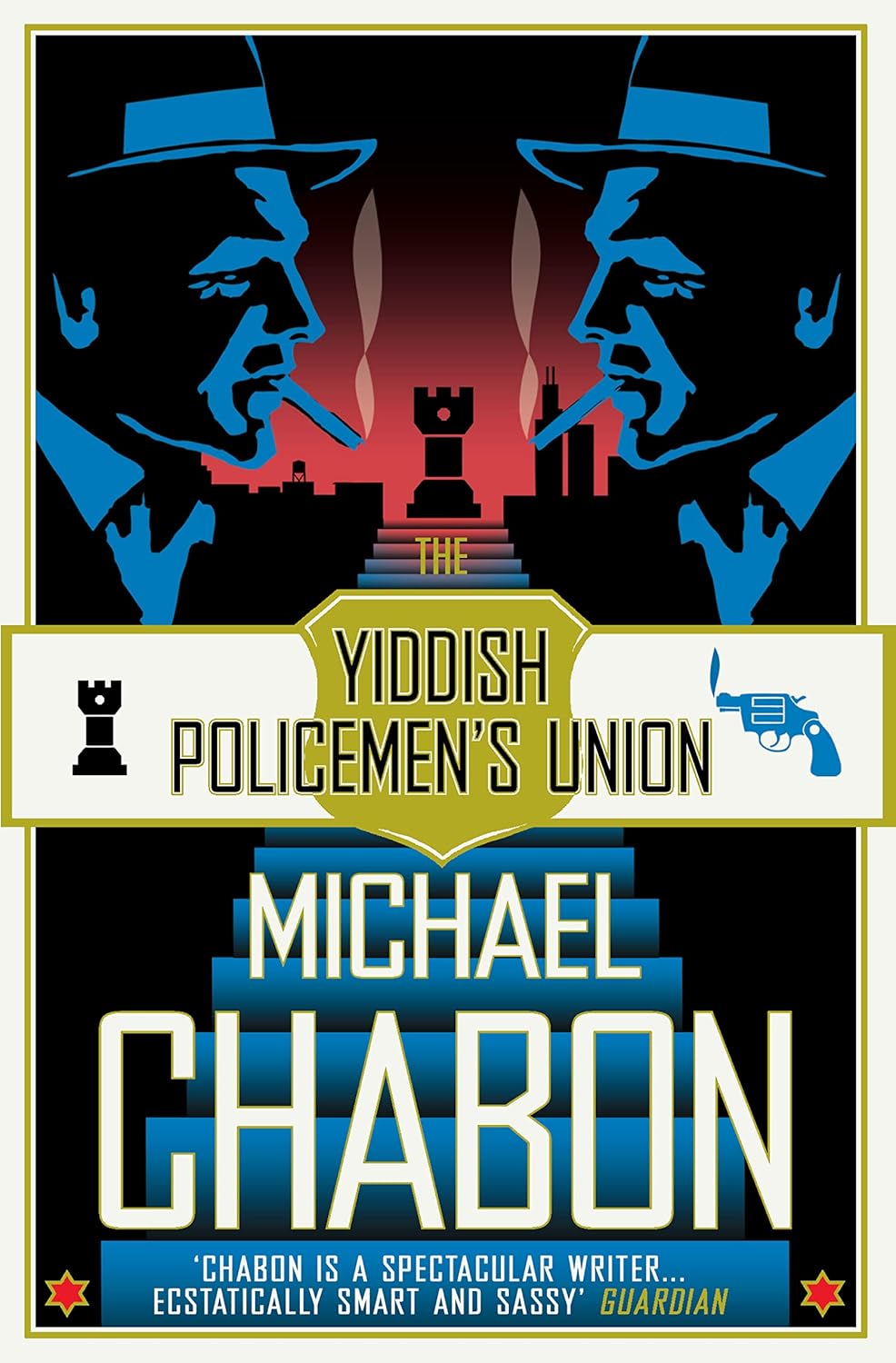
Meyer Landsman: If Sam Spade is the detective real-life detectives wish they were, then Meyer Landsman is probably the detective they really are. Dedicated to his job undoubtedly, the rest of his life is something of a car crash.
A borderline alcoholic, separated from the only woman foolish enough to take him on and, to compound matters, a Yiddish detective living in a Jewish settlement in Alaska that is about to revert to America. A compelling creation of Chabon, Landsman is a tour de force of equal parts hard-boiled and comic traits.
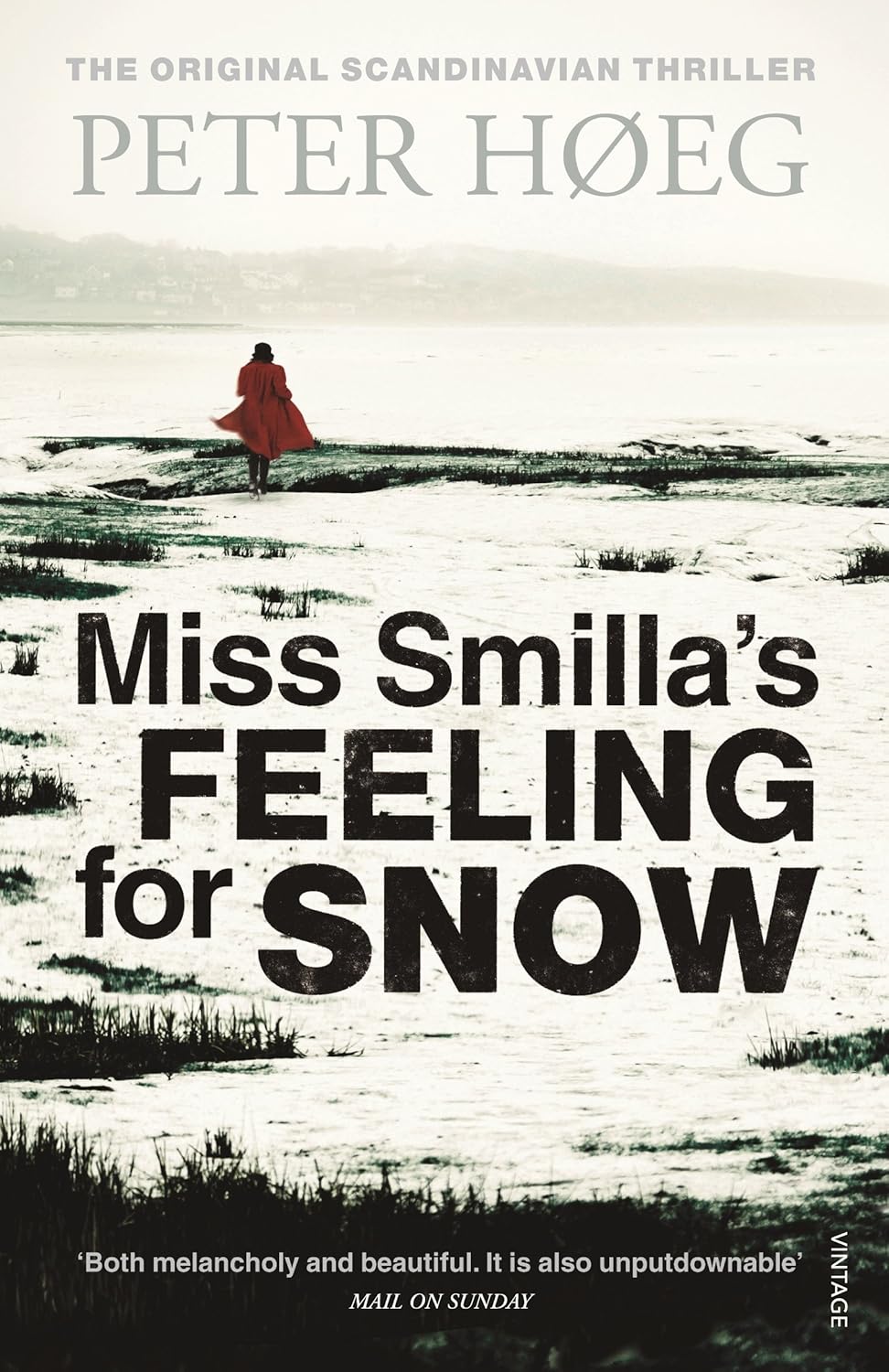
Smilla Qaaviqaaq Jaspersen is another loner – notice a pattern emerging here? The product of a doomed alliance between an urbane Danish father and her native Greenland Inuit mother, as an adult, Smilla develops a friendship with a young boy, Isaiah, who is found dead, the result, it seems, of falling off a roof. But Smilla smells many rats – and she’s determined to get to the truth. No matter what.
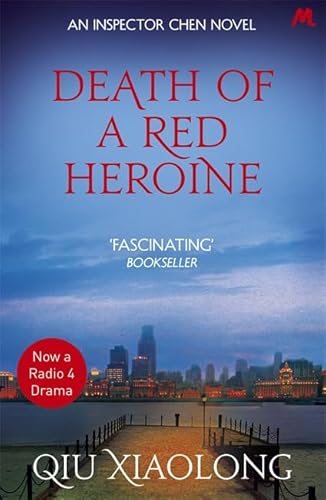
Detective Chen Cao: Not many of our super sleuths are erudite men of letters (ok, a certain Mr Sherlock Holmes definitely displays a refined sense of learning), which, we guess, makes Chinese detective Chen Cao something of a unique case.
Not only does he quote from poetry, but he also translates Western detective novels into Chinese, all the while solving mysteries involving serial killers. It’s this intelligence that allows author Qiu Xiaolong to make telling observations about his former homeland, too.
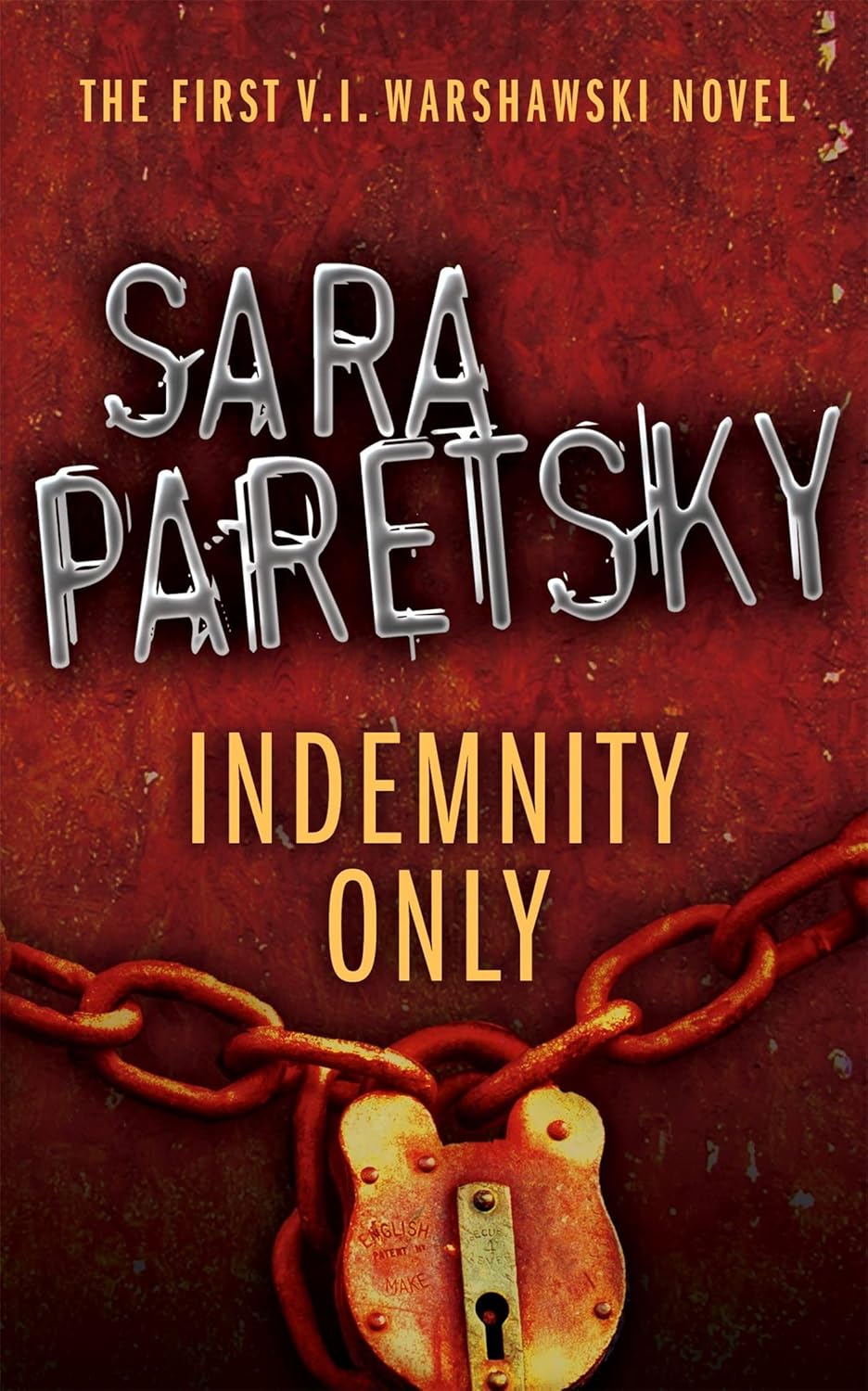
Victoria Iphigenia: The lack of women on this list isn’t any act of sexism on our part. There simply aren’t as many female sleuths as men. V.I Warshawski is one lass worth celebrating, though.
As tough and edgy as any of her male counterparts, Warshawski operates in the badlands of Southside Chicago. She’s also something of an enigma: an athletic lady with a fondness for opera and a ballsy operator who is unlucky in love. In a dream PI pairing, we’d love to see her hook up with Philip Marlowe.
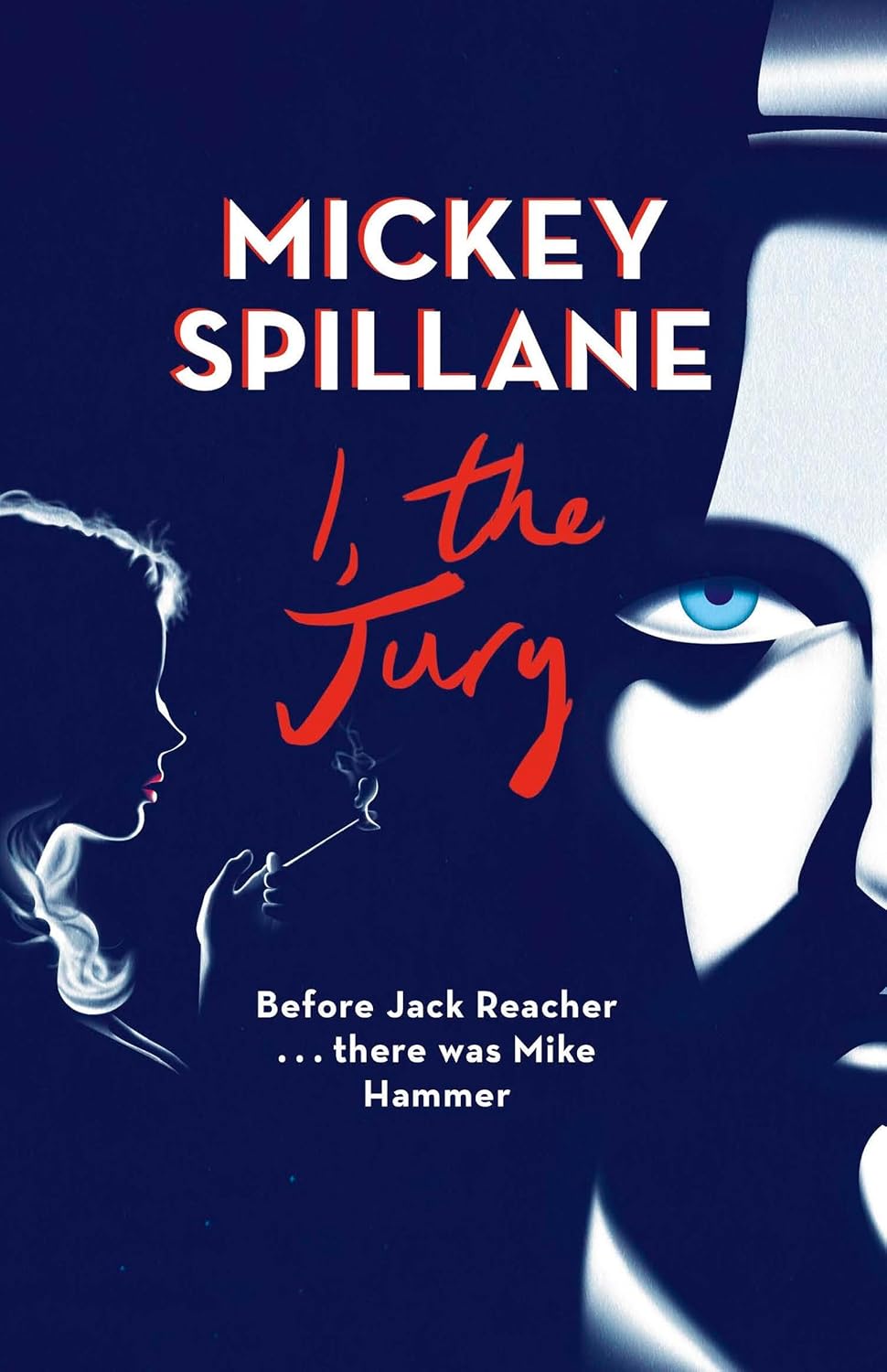
Hammer by name, and, by the standards in which lauded crime writer Mickey Spillane first penned his Mike Hammer novels, certainly Hammer by nature.
Another product of the hard-boiled genre of detective, Mike Hammer differs from the likes of Sam Spade and Philip Marlowe in that he’s a genuinely tough guy. Often compared to Clint Eastwood’s Dirty Harry, the patriotic Hammer was something of a loner within the police system, preferring his own shady methods in bringing crooks to justice.
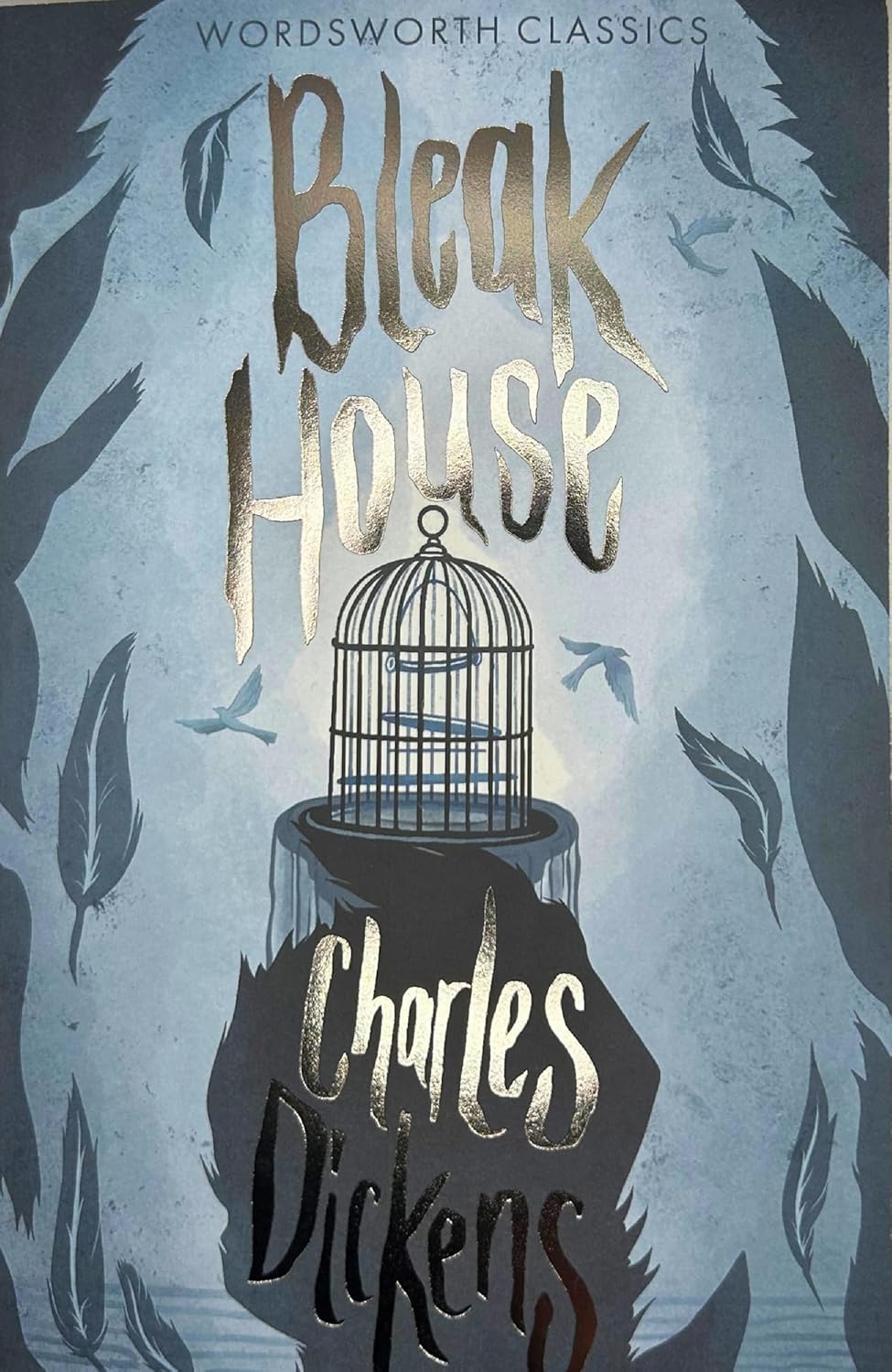
Inspector Bucket: One for the Dickens purists. The manner in which Dickens drew the ostensibly ordinary detective who solves the mystery at the heart of Bleak House came to define how many saw law enforcement agents in the 19th Century.
Rather than rely on any instinctive flashes of deducible genius, Bucket observed, collected the available evidence and made his judgements thereafter.
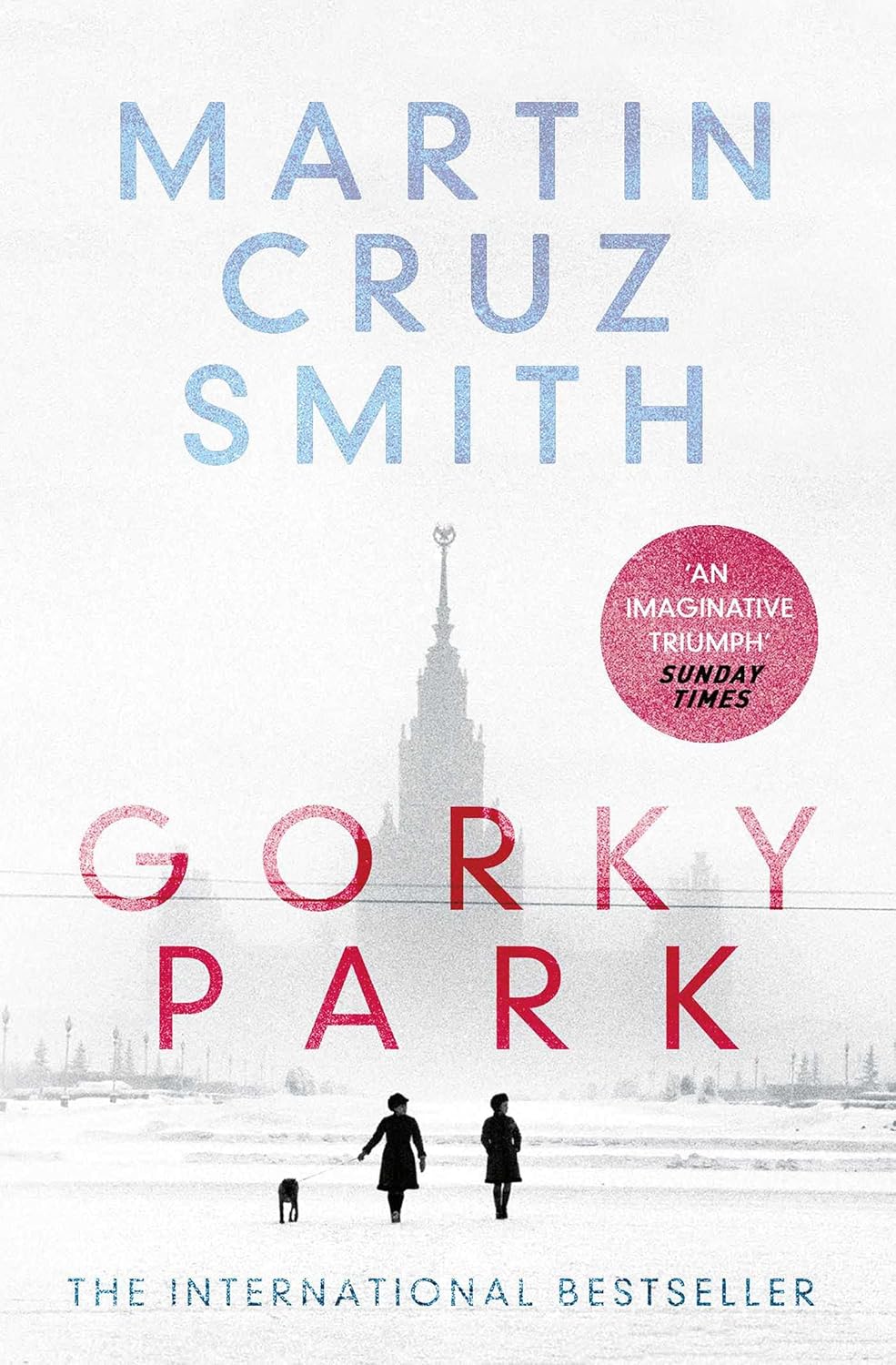
Arkady Renko: Across seven novels – to date - Arkady Renko has witnessed sweeping changes in Soviet and post-Soviet Russia. None of them is particularly edifying. And while Renko sees greed and corruption in his homeland, he notes the West isn’t much better either.
Nonetheless, Renko displays heroic tendencies in his adventures, although, according to his critics, these visions of himself may be misplaced. As ever, the detective in this case is something of a misfit when compared to the rest of society.
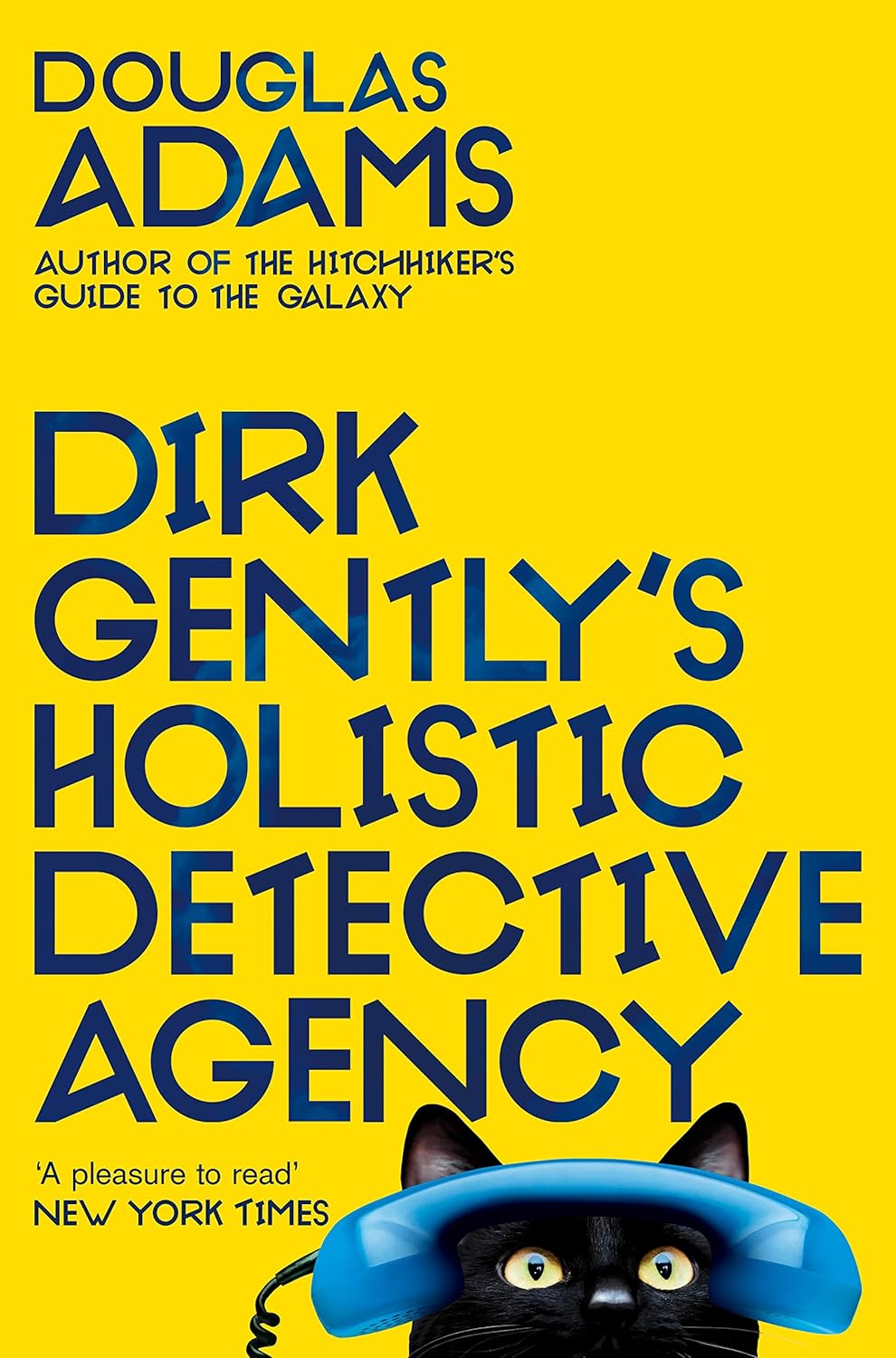
Dirk Gently: Douglas Adams might be better known for The Hitchhiker’s Guide To The Galaxy, but his creation of time-travelling detective Dirk Gently shouldn’t be overlooked.
Gently believes in the ‘fundamental interconnectedness of all things’, which is handy because his quests take him from romantic poet Samuel Taylor Coleridge to Norse mythology and American women who lose their rag when they can’t order pizza in London. A quintessentially English private eye from the upper crust.
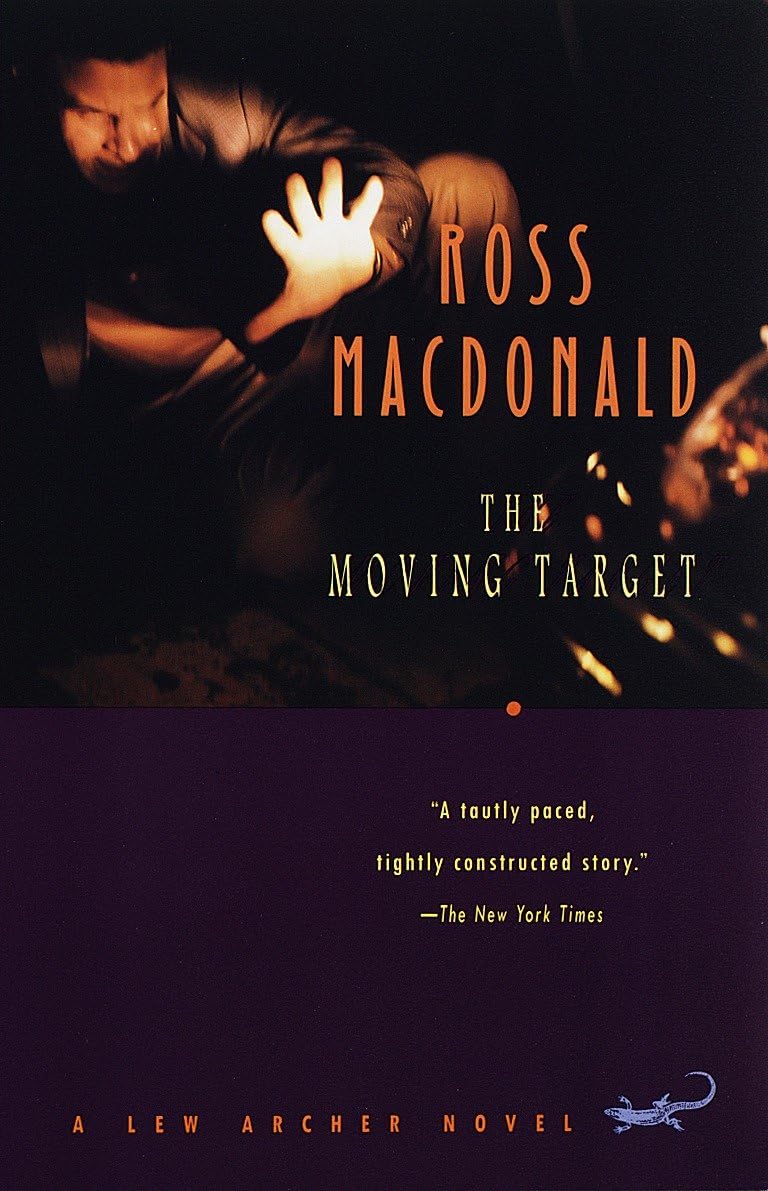
In many ways, Lew Archer is an explicit homage to the likes of Sam Spade and Philip Marlowe – at least in his first appearances in Macdonald’s novels. He’s slightly frazzled and has a troubled and colourful backstory; however, there are subtle differences.
Less glamorous than his predecessors, he’s a more likeable character – in an everyday sense. He’s the detective you’d happily go out for a drink with. Of course, don’t get him drinking too much… He’s a detective after all. That way madness lies.
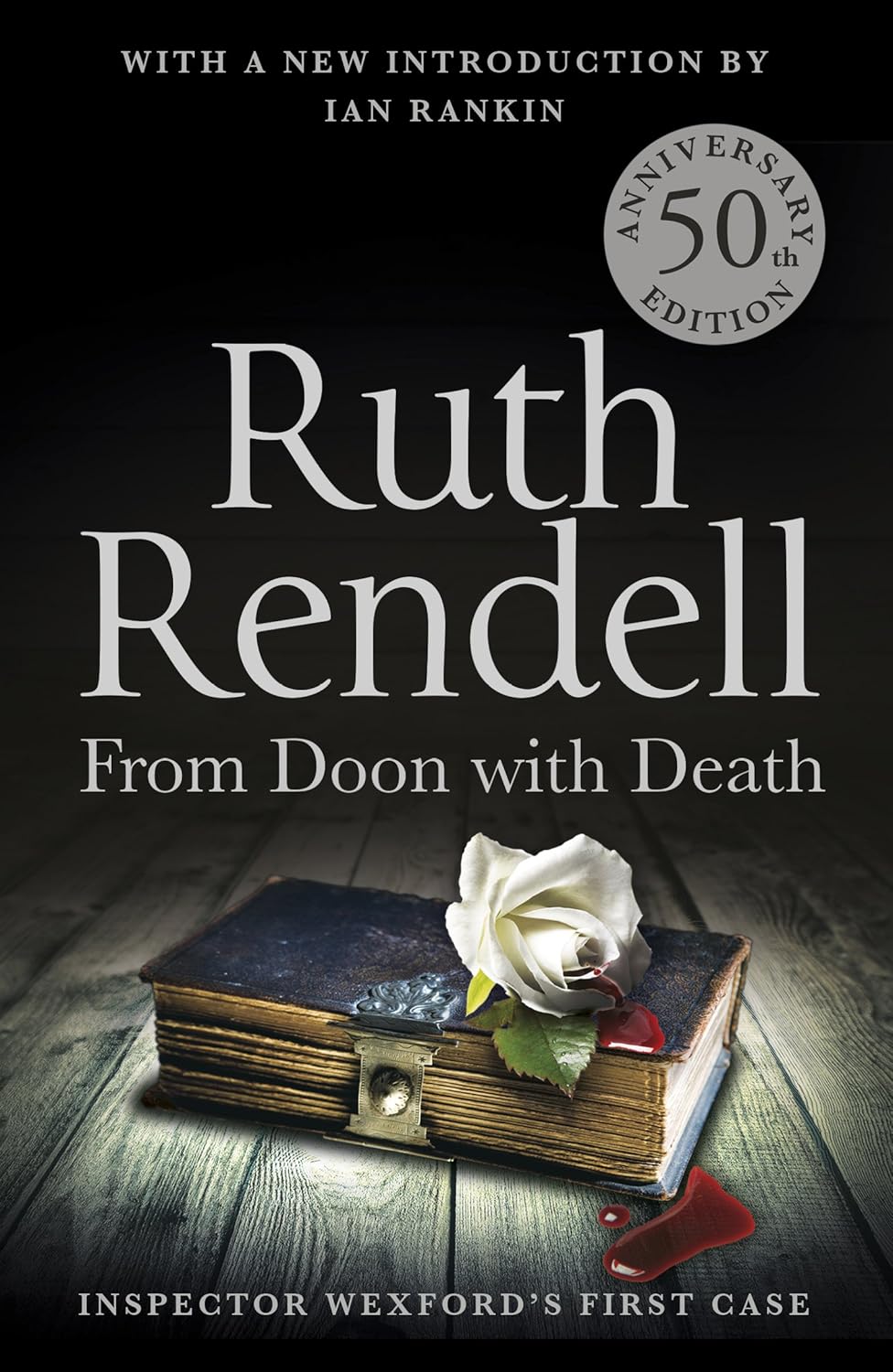
Chief Inspector Reginald Wexford: Not all sleuths can be the strong, mysterious type. Sometimes you need reliable, kindly folk who you can set your clock by. Enter stage left, Ruth Rendell’s most celebrated creation, Chief Inspector Reginald Wexford.
From his sturdy old-fashioned Christian name, to his endearingly traditional dress sense, Wexford is a no-nonsense, intelligent policeman who, in his own unfussy way, solves cases with as much efficiency as Spade, Holmes and co.
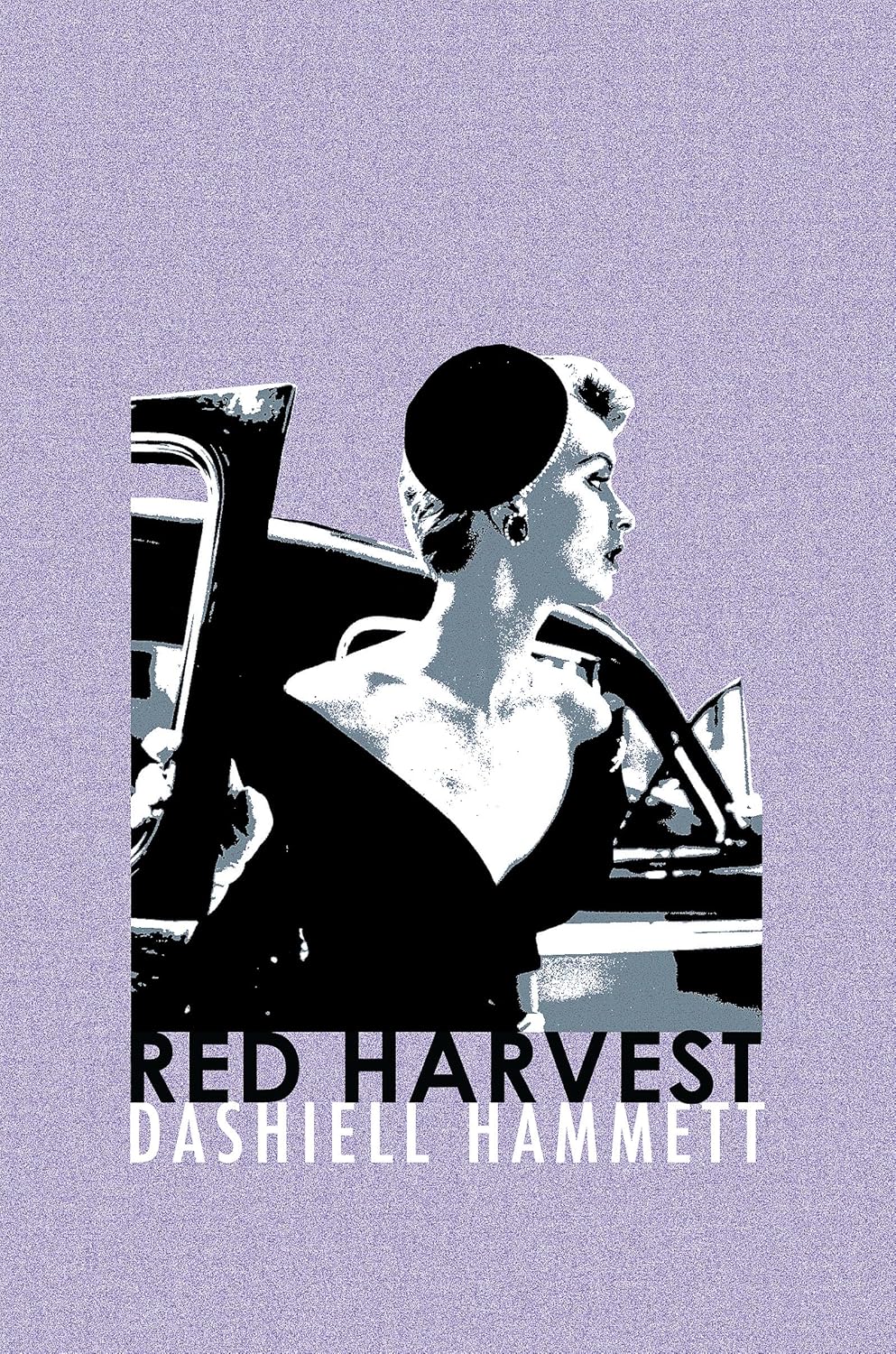
The mysterious Continental Op is not only an enigma because the reader never learns his name. His duplicitous nature and the cold manner in which he goes about his work means this forerunner of the hard-boiled school of detective fiction is something of an antihero.
Hammett suggests that if you look hard enough you’ll find his heart, but it’s certainly a darkly stained muscle.
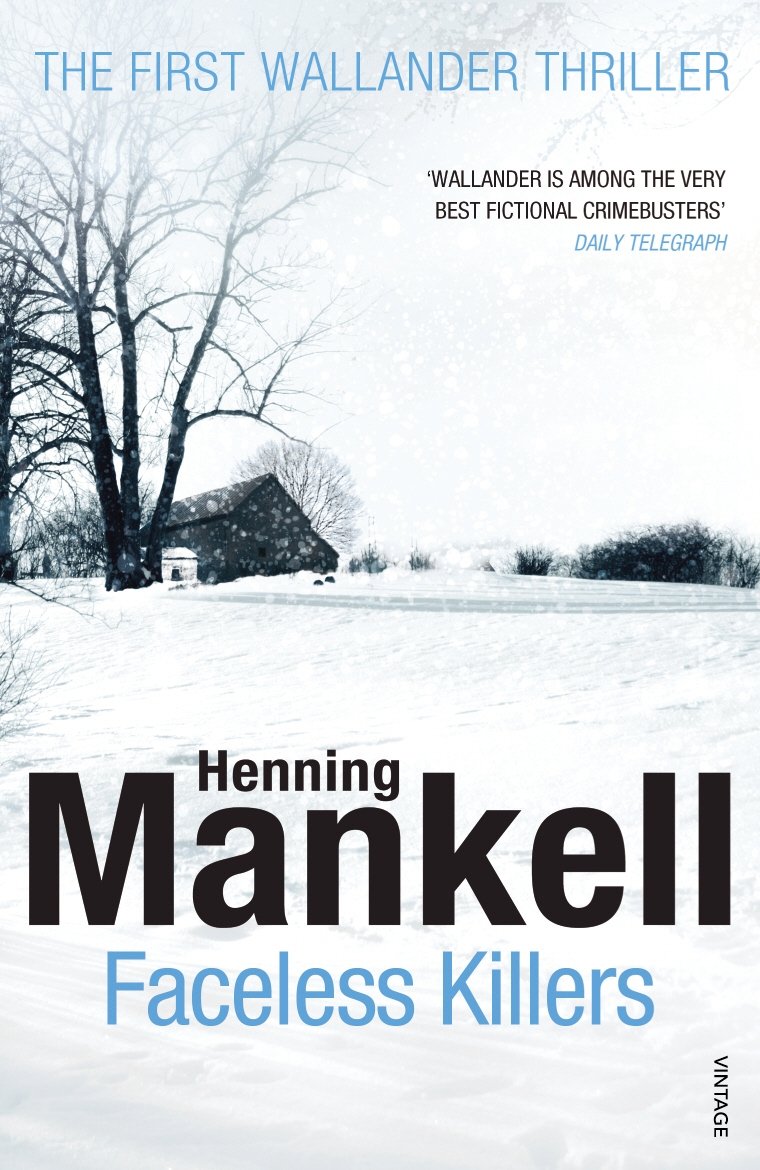
Kurt Wallander: Speaking of salad-dodging sleuths. Kurt Wallander is an overweight, disillusioned, miserable shell of a man. He’s also a rather adept detective, not that that seems to bring him any succour from a life that has gone horribly wrong.
Wallander is the creation of feted Swedish crime writer Henning Mankell, and he’s been the subject of three television/cinema adaptations – perhaps because he reflects the ennui of modern life so capably.
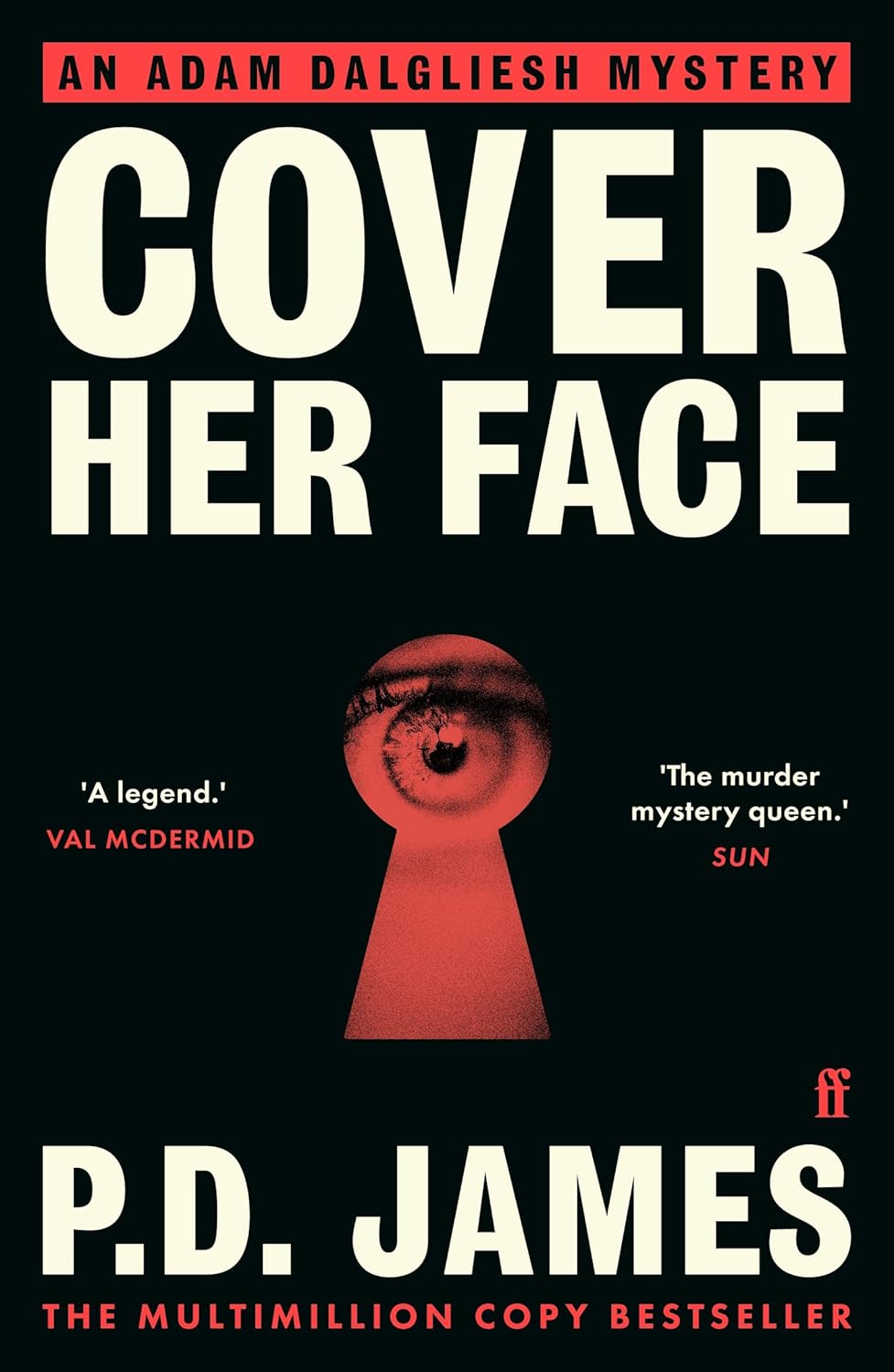
Adam Dalgliesh is an archetype of a classic staple of British detective fiction, the gentleman detective. Coming from well-bred stock (his dad was a rector in Norfolk), Dalgliesh is imbued with an appreciation of the classics – he writes poetry and drives a Jaguar (similar to Morse in more ways than one then).
He is intensely private, driven and dedicated to his job. Another loner in other words.
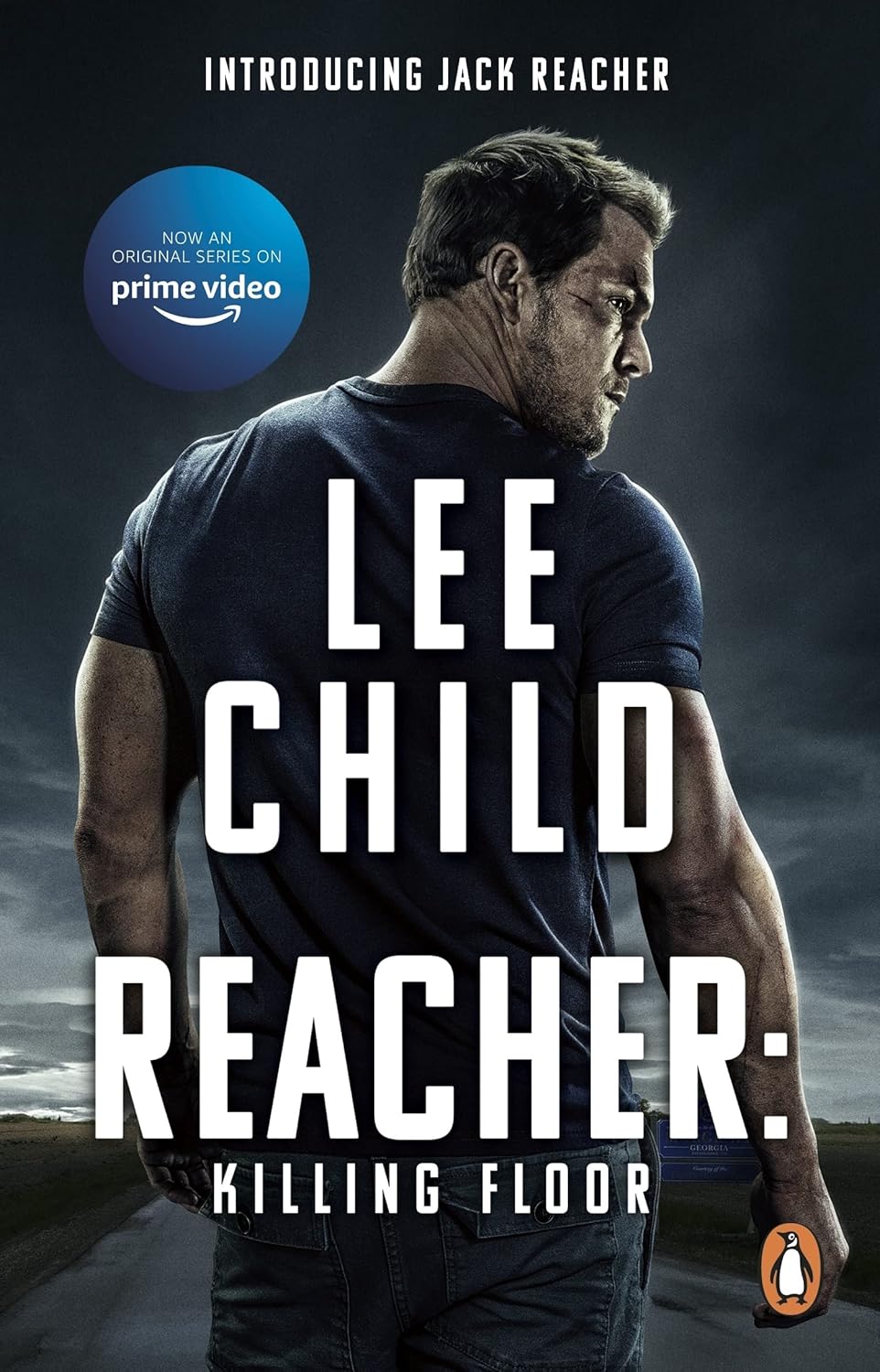
Jack Reacher, the recent subject of a Tom Cruise movie, isn’t a real detective in the Marlowe/Spade/Holmes category, but he does solve puzzles with dramatic alacrity. An ex-Major in the US army, Reacher is travelling around his home country – a country he doesn’t really know and sometimes finds hard to recognise – when he readily and willingly encounters trouble.
Often implicated himself – what secrets does he harbour? – Reacher’s way of, erm, reaching the truth is never less than thrilling.
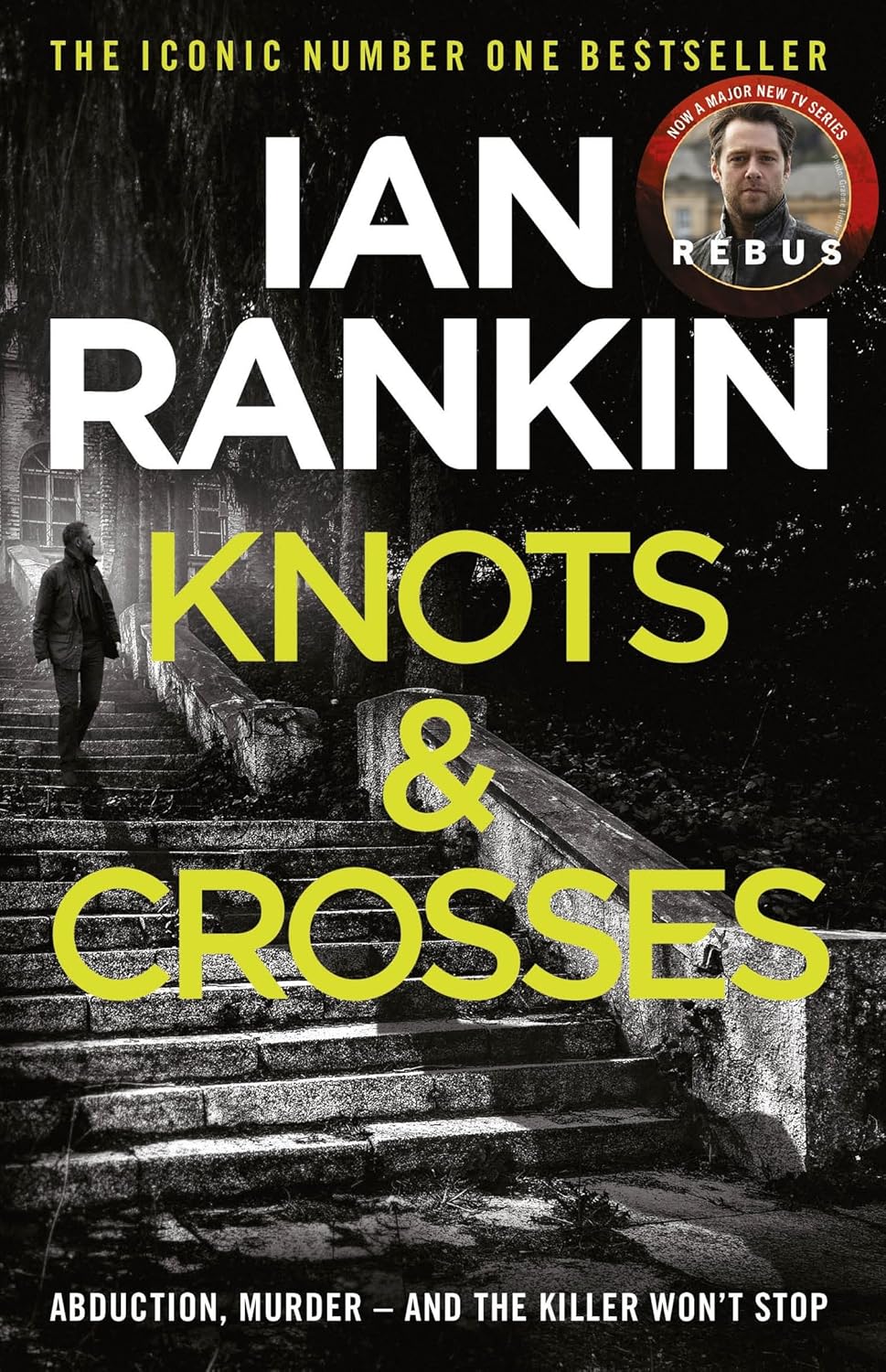
John Rebus: If you were to describe John Rebus (Scottish, from the industrial working class, drinks too much, has a problem with authority, a born leader) you’d be forgiven for thinking you were talking about Sir Alex Ferguson.
Indeed, Rebus’s gruff demeanour and no-nonsense approach do bring to mind the Manchester United supremo, but Rebus (ex-army and apolitical) is certainly his own man. So far, he’s featured in 17 novels – three of which are named after Rolling Stones albums. We like this fact.
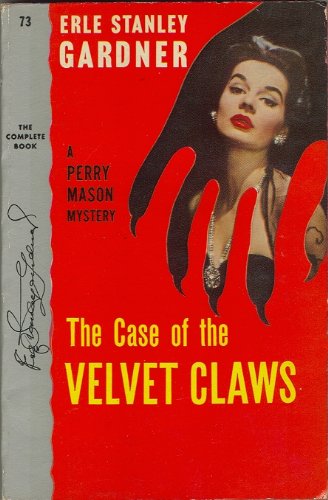
Perry Mason, so memorably played by Raymond Burr on the long-running TV series, was not actually a detective in the real sense of the word.
He was a lawyer, but the manner in which he solved the cases brought before him involved a master class in deduction and detection.
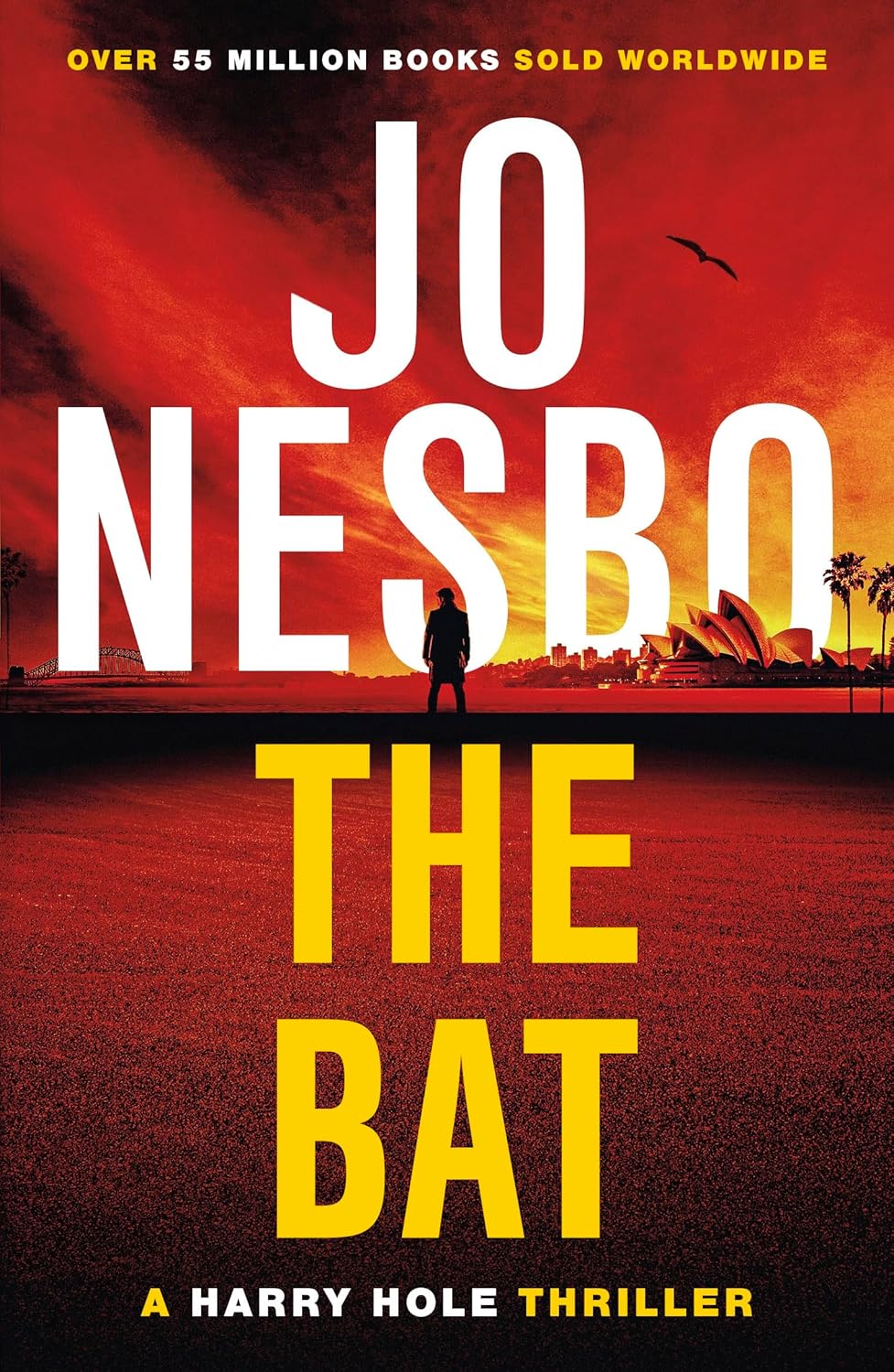
Harry Hole smokes too much, drinks too much, uses unconventional methods to catch criminals, has few close friends. However, while these traits could lapse into cliché, Jo Nesbø’s adept skill at bringing Hole to life on the page renders this fear redundant.
Hole travels the world using his cunning powers of deduction to bring a number of high profile criminals to justice. Martin Scorsese is in talks to bring The Snowman – the seventh Harry Hole book – to the big screen.
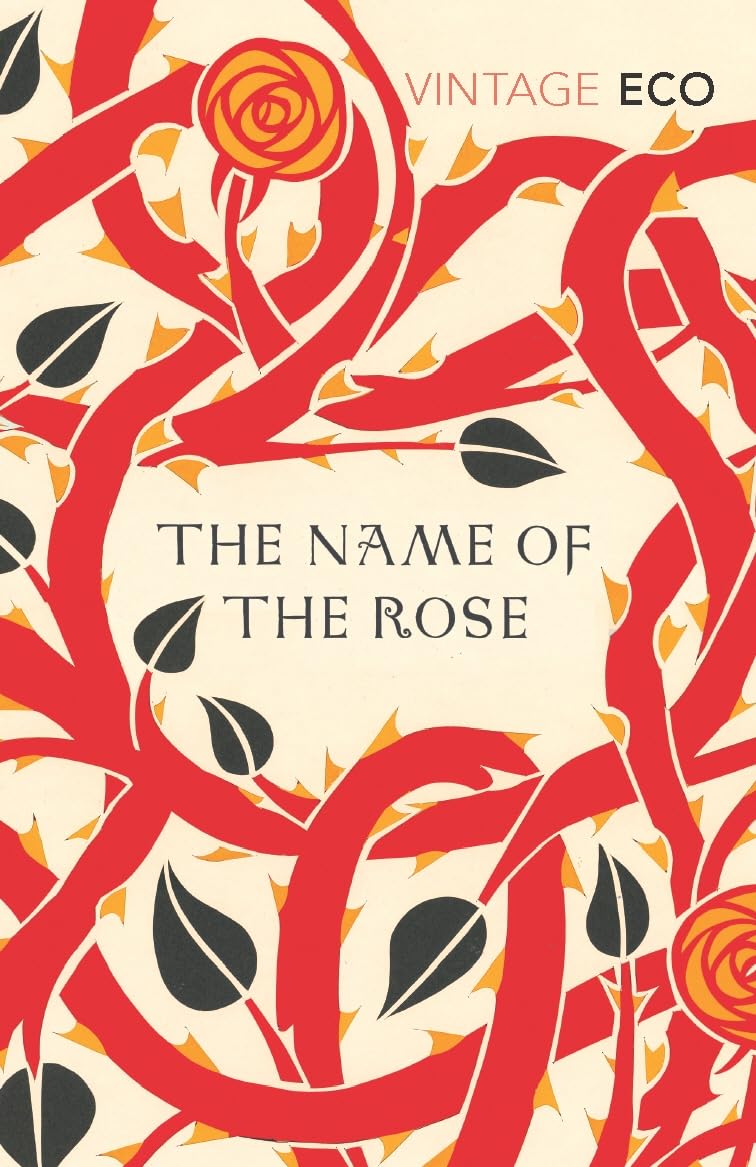
William of Baskerville: A medieval Franciscan friar and his young sidekick might not sound like a crime-fighting duo to equal Batman and Robin, but there was probably less need for endless kapows and biffs in 14th-century Italian monasteries.
Acclaimed postmodern author Eco invested a huge amount of deduction and power of analysis in William; the manner in which he stumbles upon the truth doesn’t equate to a definitive truth, rather a pause in just another multi-layered story. Sean Connery portrayed William in the 1986 big-screen adaptation.
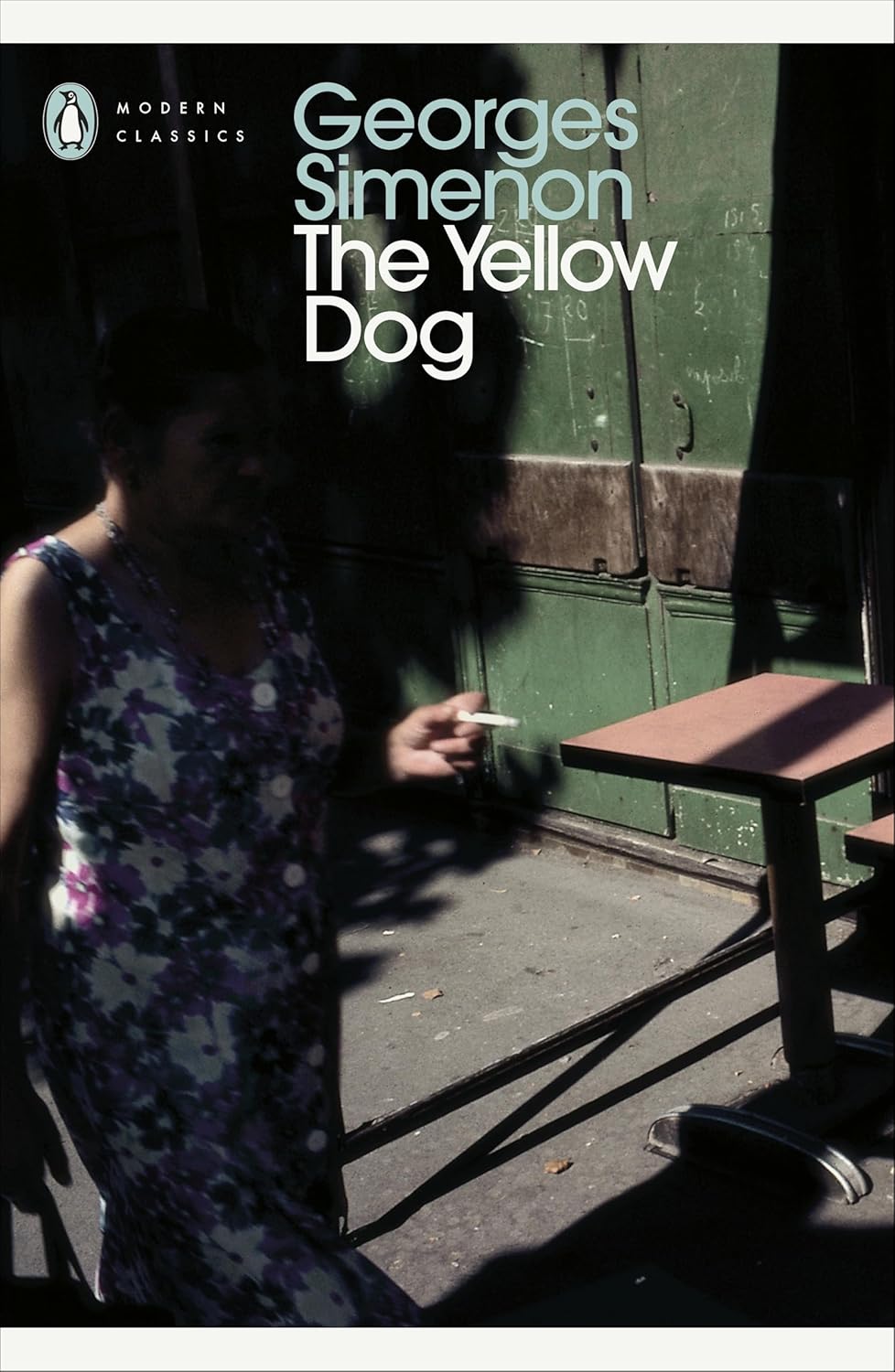
Maigret: A middle-aged male, slightly overweight, with a fondness for a bewildering array of alcohol, Jules Maigret is another PI who displays less than wholesome life choices.
He is, however, a superb detective – he must be, Simenon wrote 75 novels and 28 short stories dedicated to the French sleuth.
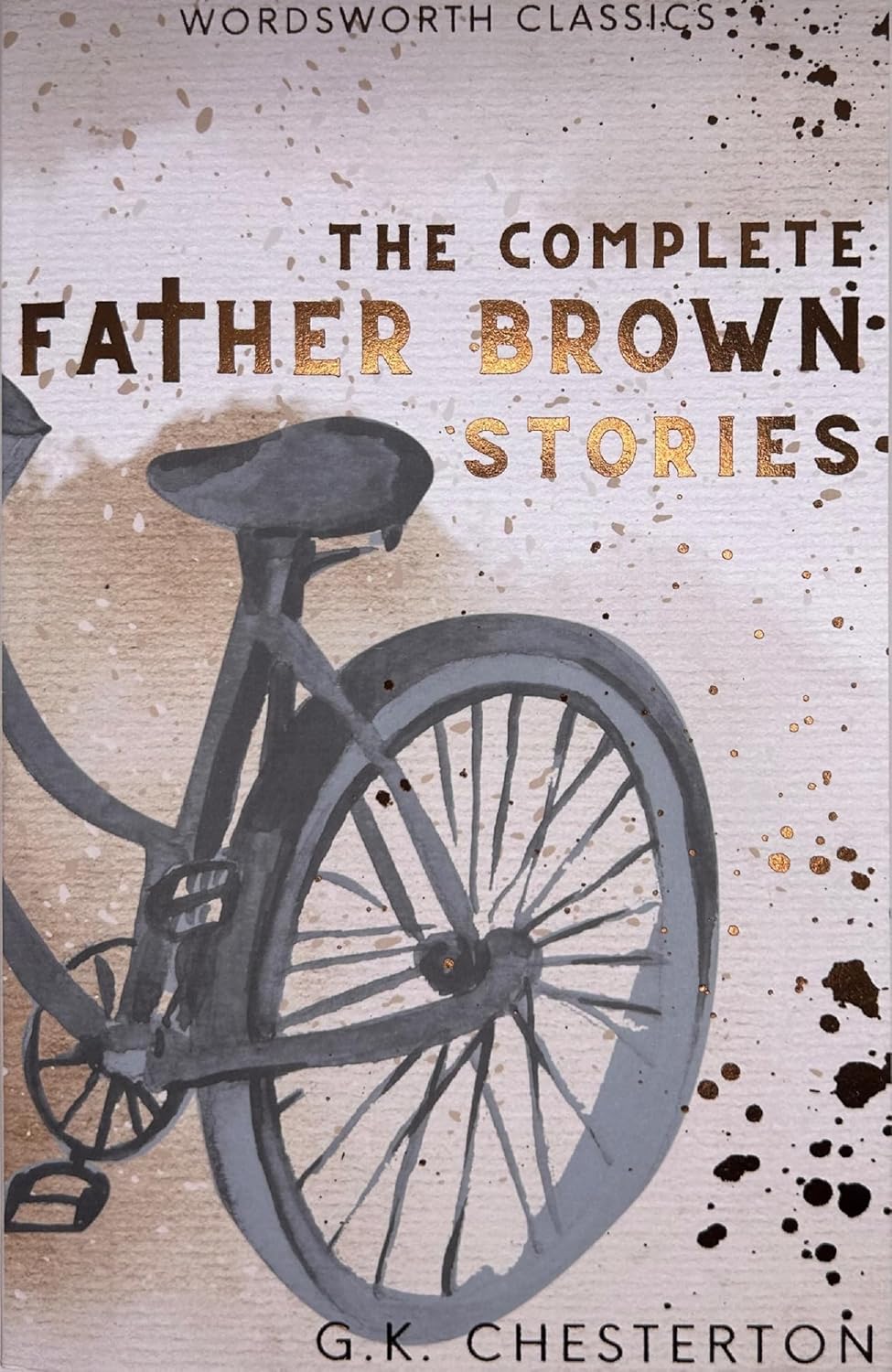
Father Brown: For 51 short stories writer G.K. Chesterton made a hero out of a short, rotund and badly dressed Catholic priest. His Father Brown certainly lacks the glamour of the US hard-boiled tradition, much less the elegance of Holmes or Poirot, but like the aforementioned he always got his man.
His trump card was intuition. Not for him logic, clues and deduction, Brown would put himself in the place of the murderer and seek to understand who had the clear motive to commit the crime. It was a handy shtick that made Father Brown endure for 25 years of writing and beyond.
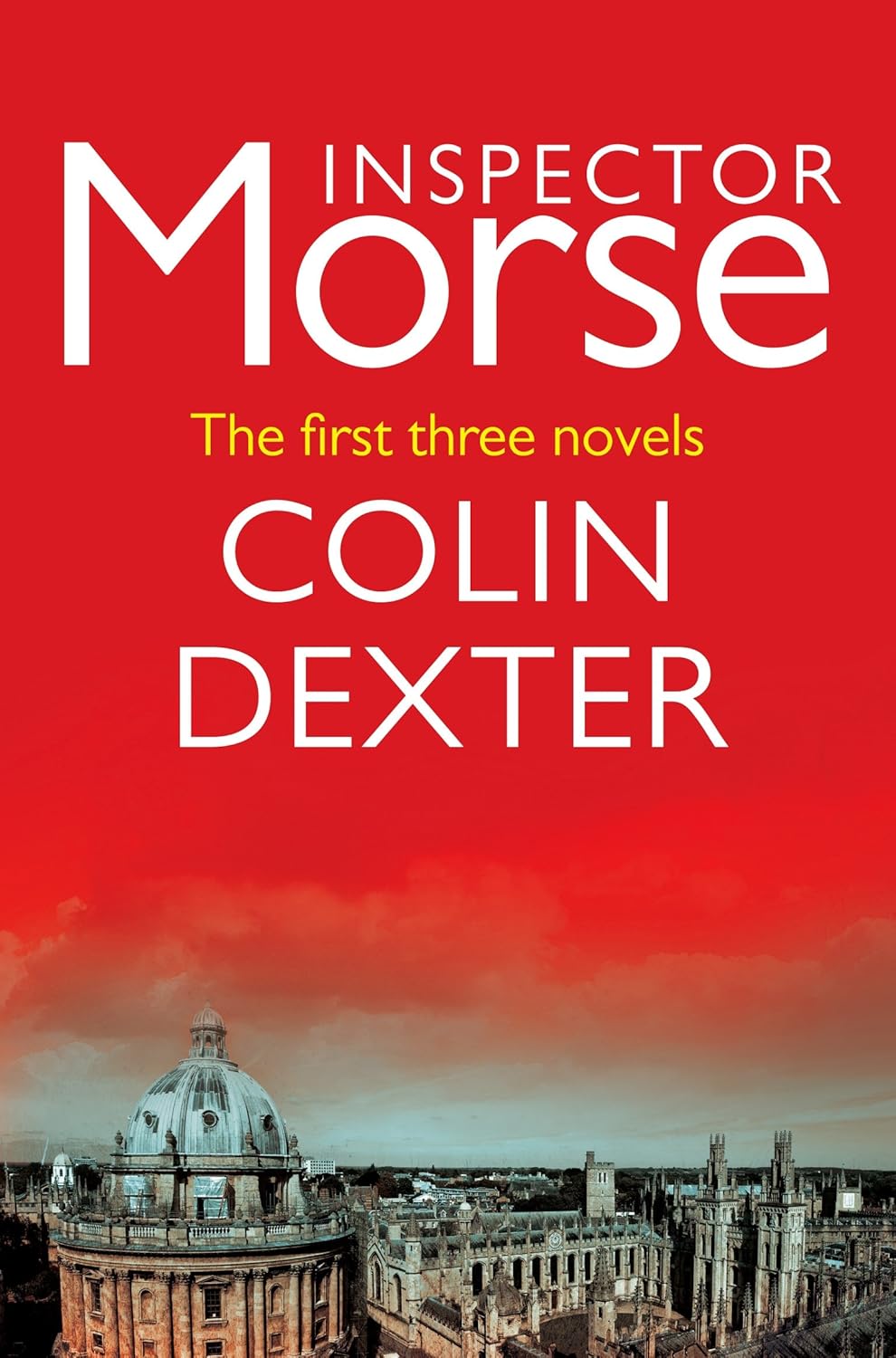
Inspector Morse: Yes, Morse is best known due to his unforgettable portrayal by the late, great John Thaw on TV, but, as the best things in entertainment tend to be, Morse is of course a literary creation.
As onscreen, the Morse we encounter in Dexter’s novels is in thrall to opera, loves a pint of real ale and likes to drive classic cars. He also has a keen intellect and tends to solve his crimes by a combination of his photographic memory and his enviable intuition.
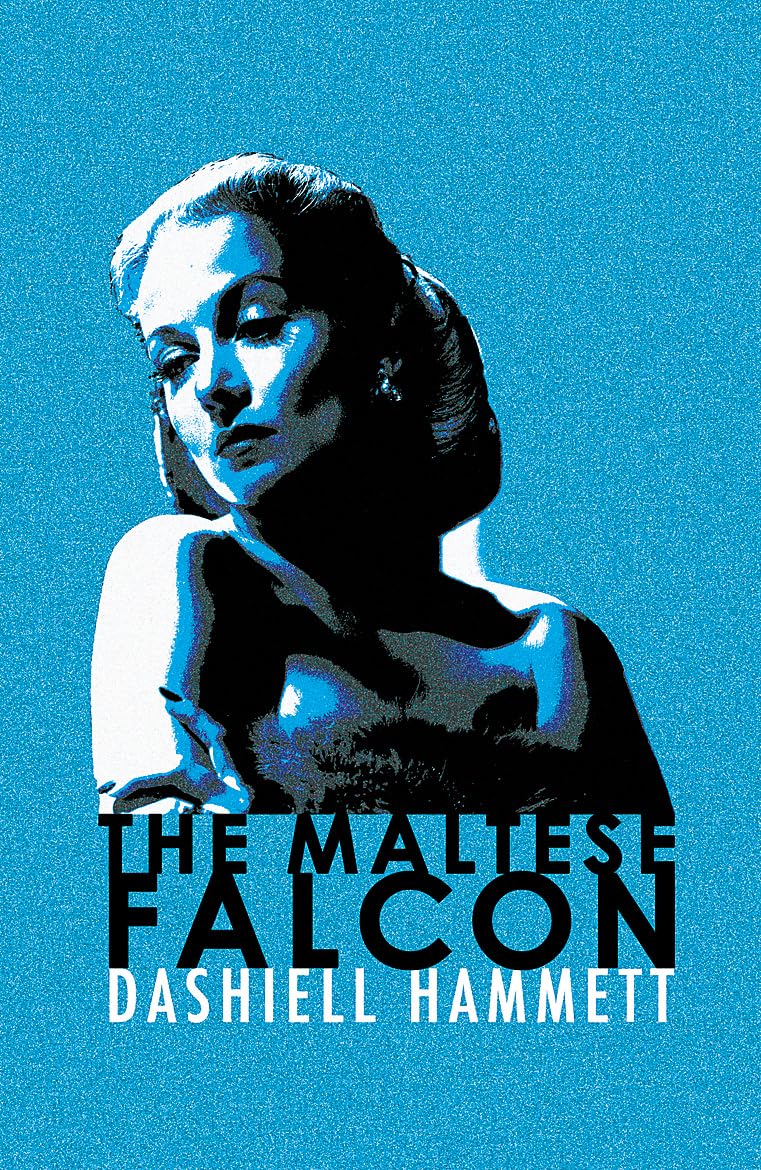
Sam Spade: For his iconic Sam Spade, Hammett took some of The Continental Op’s less savoury traits and mixed them with a dash of rugged masculine glamour. Hammett has said that Spade was the detective those on the force would love to be – complicated, silent, hard, unflinching and able to get the better of anybody.
To this day, Spade remains the embodiment of old school PI charm. Bogart’s turn as Spade in the third adaptation of The Maltese Falcon is still the performance all other Hollywood detective tales are measured by.
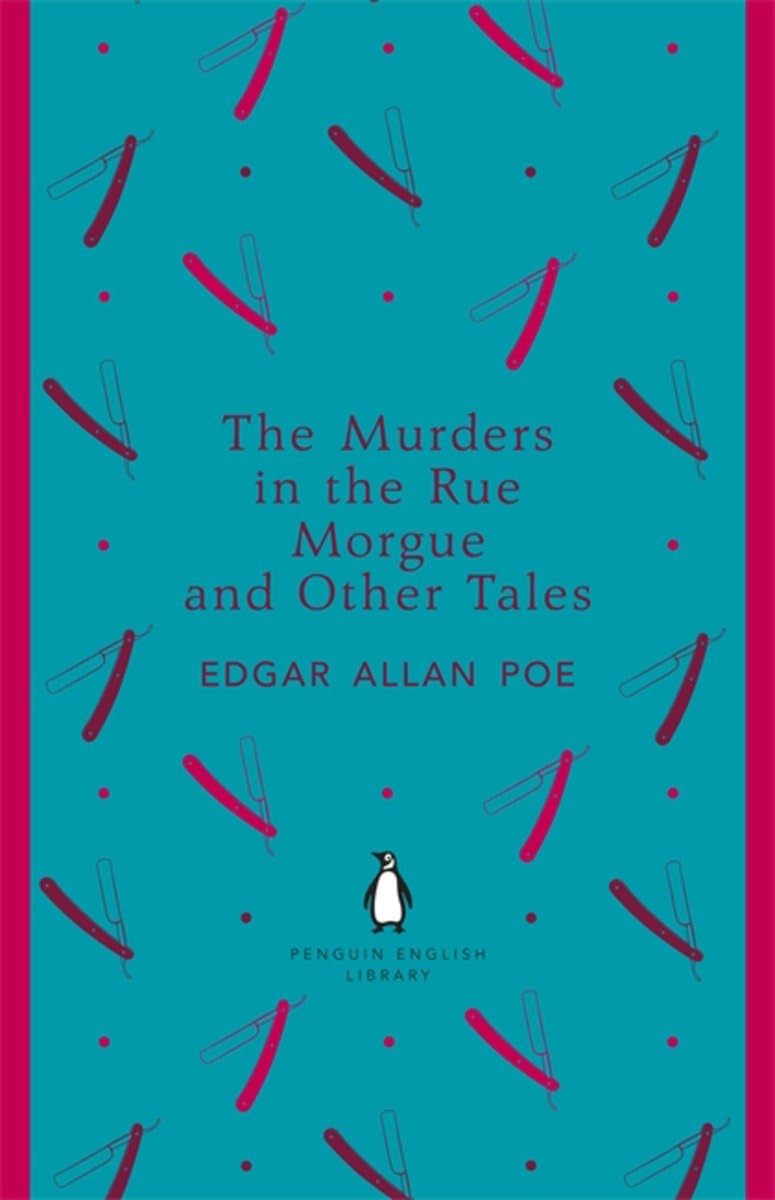
C Auguste Dupin: The Murders in the Rue Morgue is generally considered to be the first example of the detective fiction genre. Which would make Poe’s colourful protagonist, C. Auguste Dupin the granddaddy of all on this list.
Indeed, his way with logic, analysis and his often baffling way of solving riddles and enigmas certainly bring to mind one inhabitant of a well-known central London street.
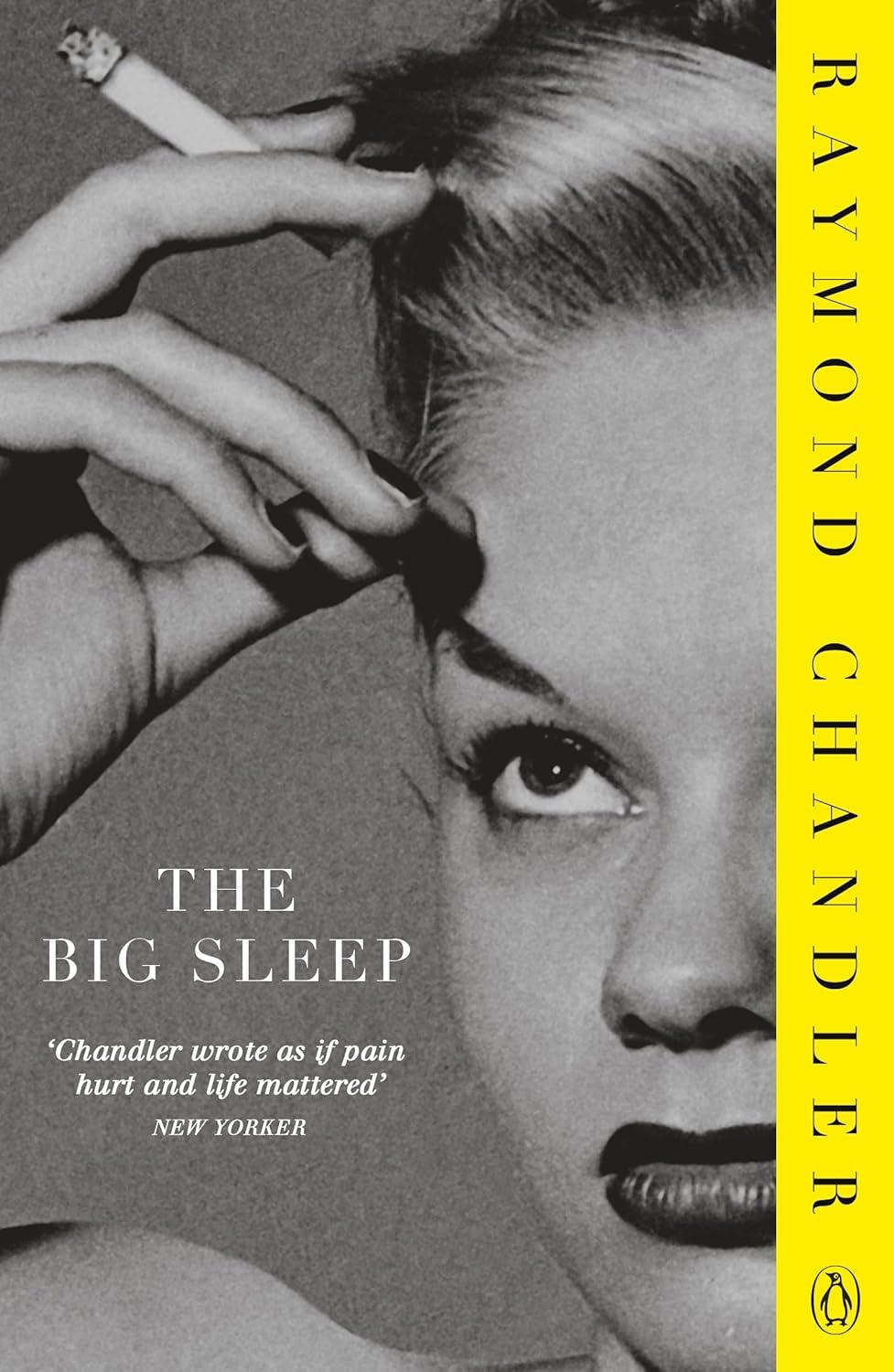
Philip Marlowe: Marlowe is the archetypal hard-boiled detective from the old school – an era when men were men, and women were dames. He cracked wise, drank his liquor neat, looked the part and got the job done.
Taciturn, clever and not averse to physical handiwork when it’s required, Marlowe is one of the top five literary sleuths of all time. Memorably brought to life by Humphrey Bogart (and others) on the silver screen.
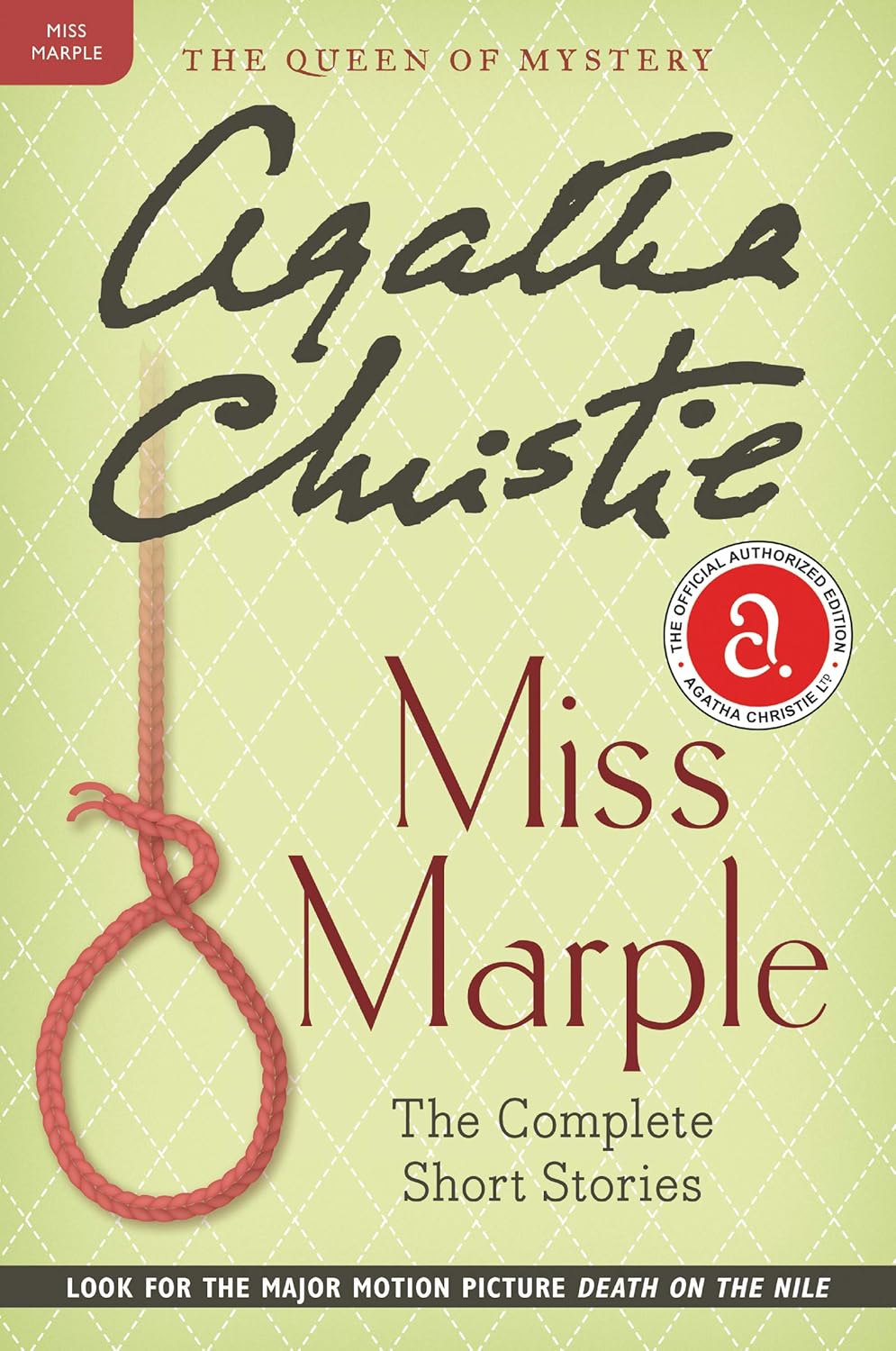
Miss Marple is exactly how little old ladies used to be, or how we remember them in any case – petit, genteel and as reassuringly traditional as the fruitcakes they liked to bake. However, behind this façade, Miss Marple is the equal of any detective on this list. With a memory to rival Morse and able to deduce as well as Holmes, her way with a case might seem unthreatening and almost feeble, but she unfailingly gets the baddie in the end.
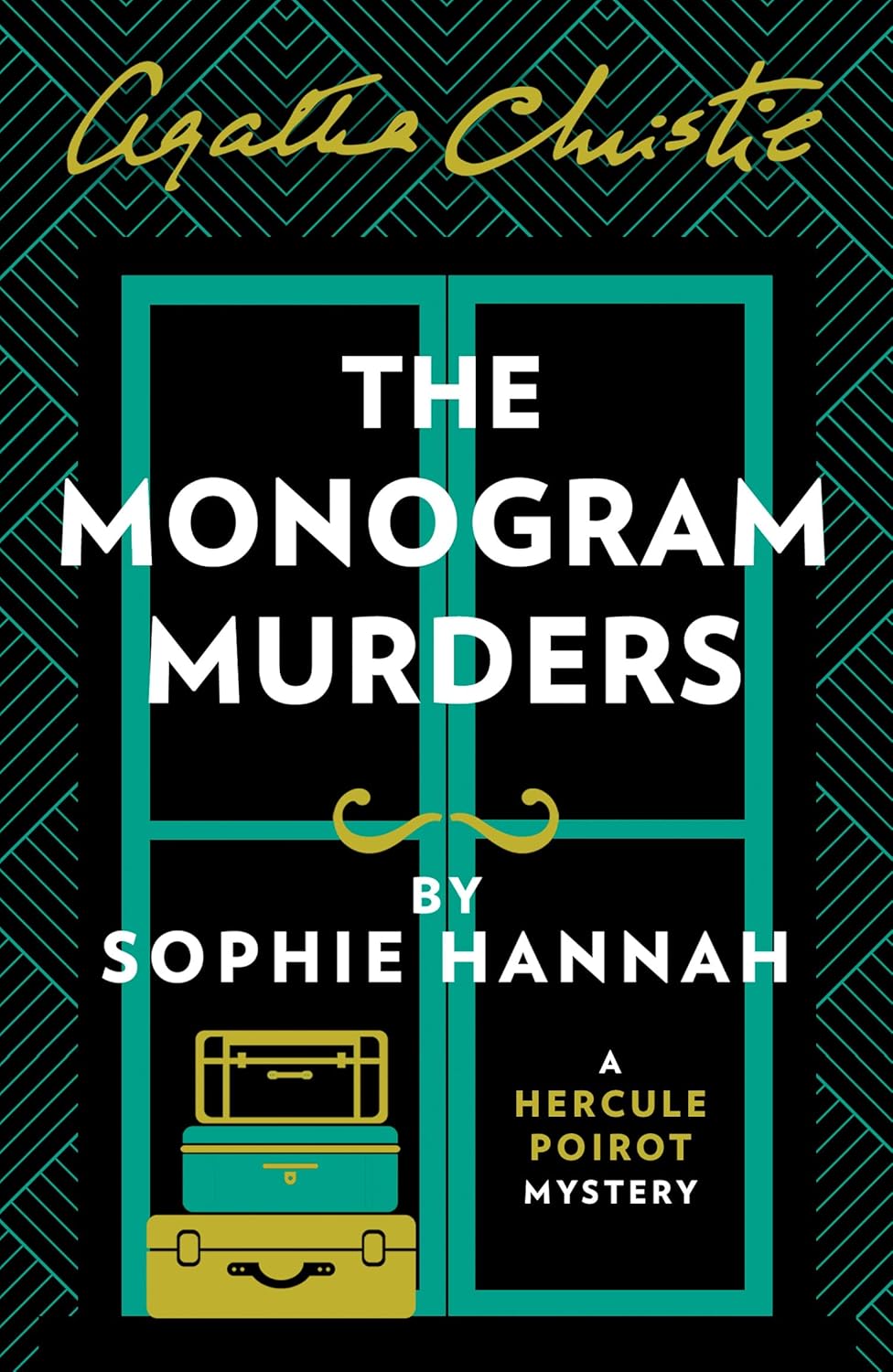
Hercule Poirot: Like Holmes, Hercule Poirot has an almost insufferable belief in his own abilities. This aspect of his character is sometimes overlooked because there was something exotic about this Francophone Belgian when Agatha Christie first introduced Poirot in 1920.
Today, his little quirks – his delicate constitution, his fastidious nature, and his prim dress sense – seem remarkably quaint. Thanks to umpteen television and film adaptations this is one detective who will continue to thrive.
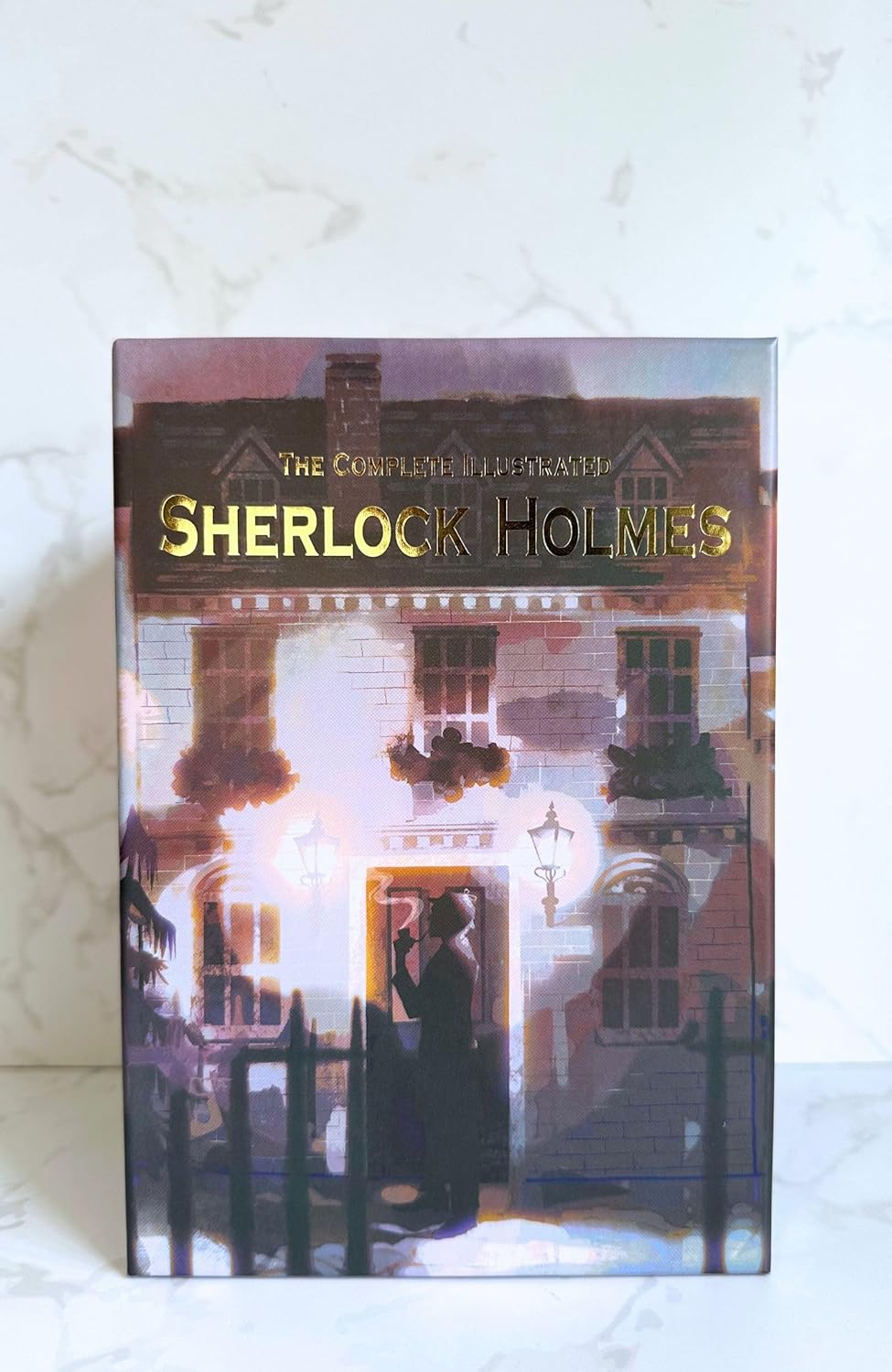
Sherlock Holmes: Elementary, of course. The resident of 221b Baker Street is without equal when it comes to literary detectives. Applying a rigorous, almost scientific, framework to his cases, Holmes gave detective fiction not only a moral backbone, but an intelligent compass too. He endures to this day because of his colourful character – his dandy-ish affectations; his bohemian lifestyle and his almost arrogant self-regard.

Skip the search — follow Shortlist on Google News to get our best lists, news, features and reviews at the top of your feeds!
Get exclusive shortlists, celebrity interviews and the best deals on the products you care about, straight to your inbox.

As Content Director of Shortlist, Marc likes nothing more than to compile endless lists of an evening by candlelight. He started out life as a movie writer for numerous (now defunct) magazines and soon found himself online - editing a gaggle of gadget sites, including TechRadar, Digital Camera World and Tom's Guide UK. At Shortlist you'll find him mostly writing about movies and tech, so no change there then.
You must confirm your public display name before commenting
Please logout and then login again, you will then be prompted to enter your display name.